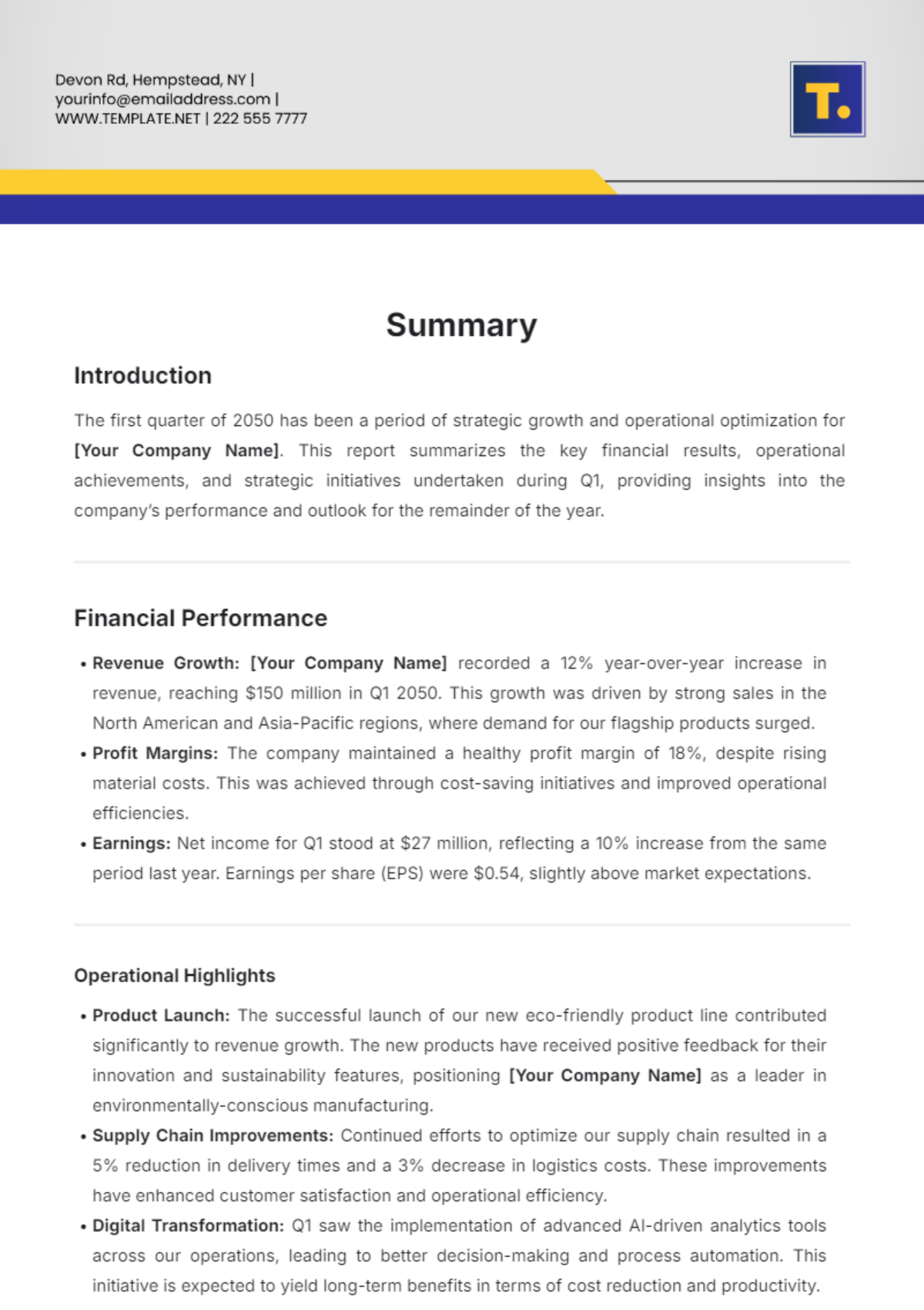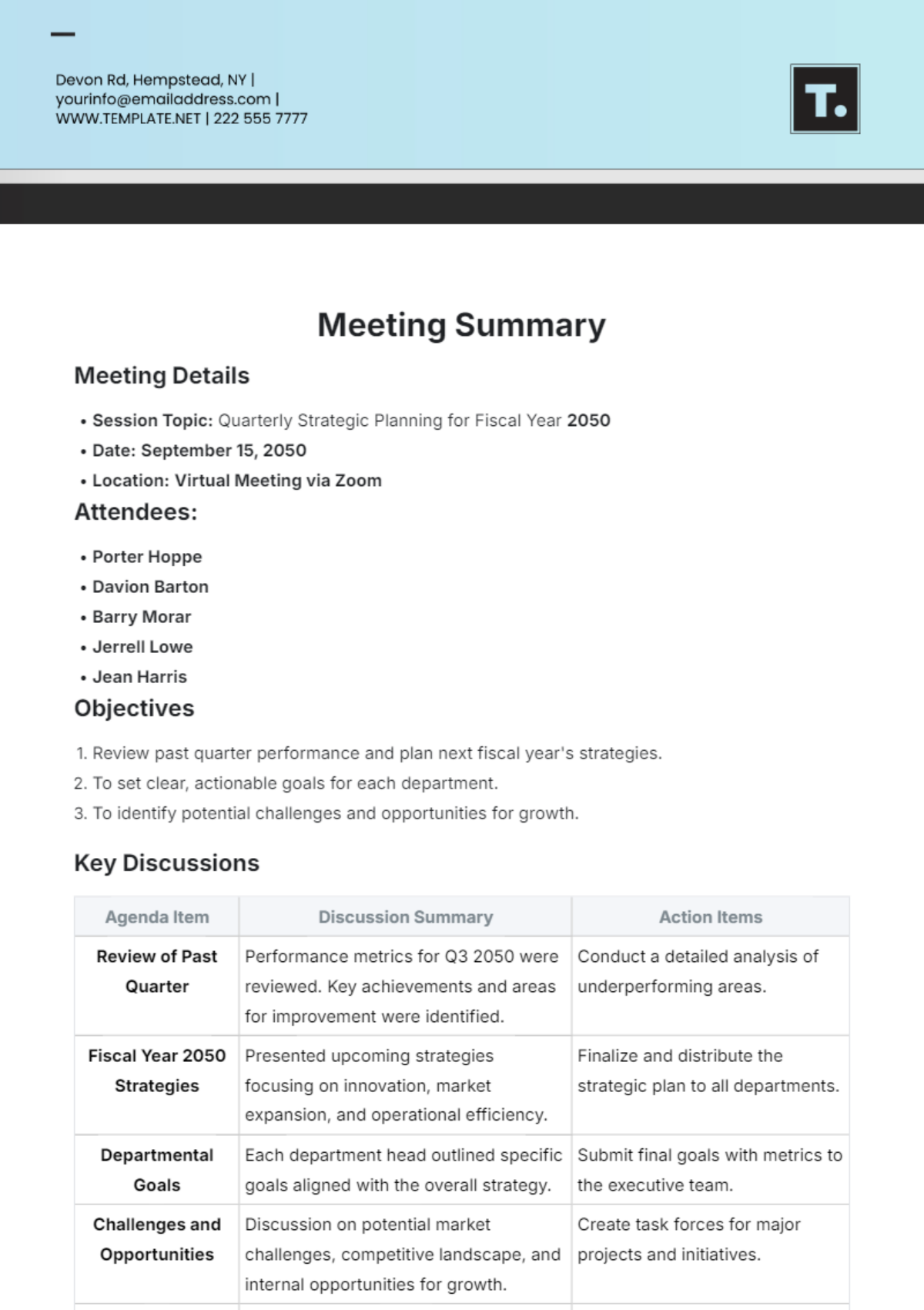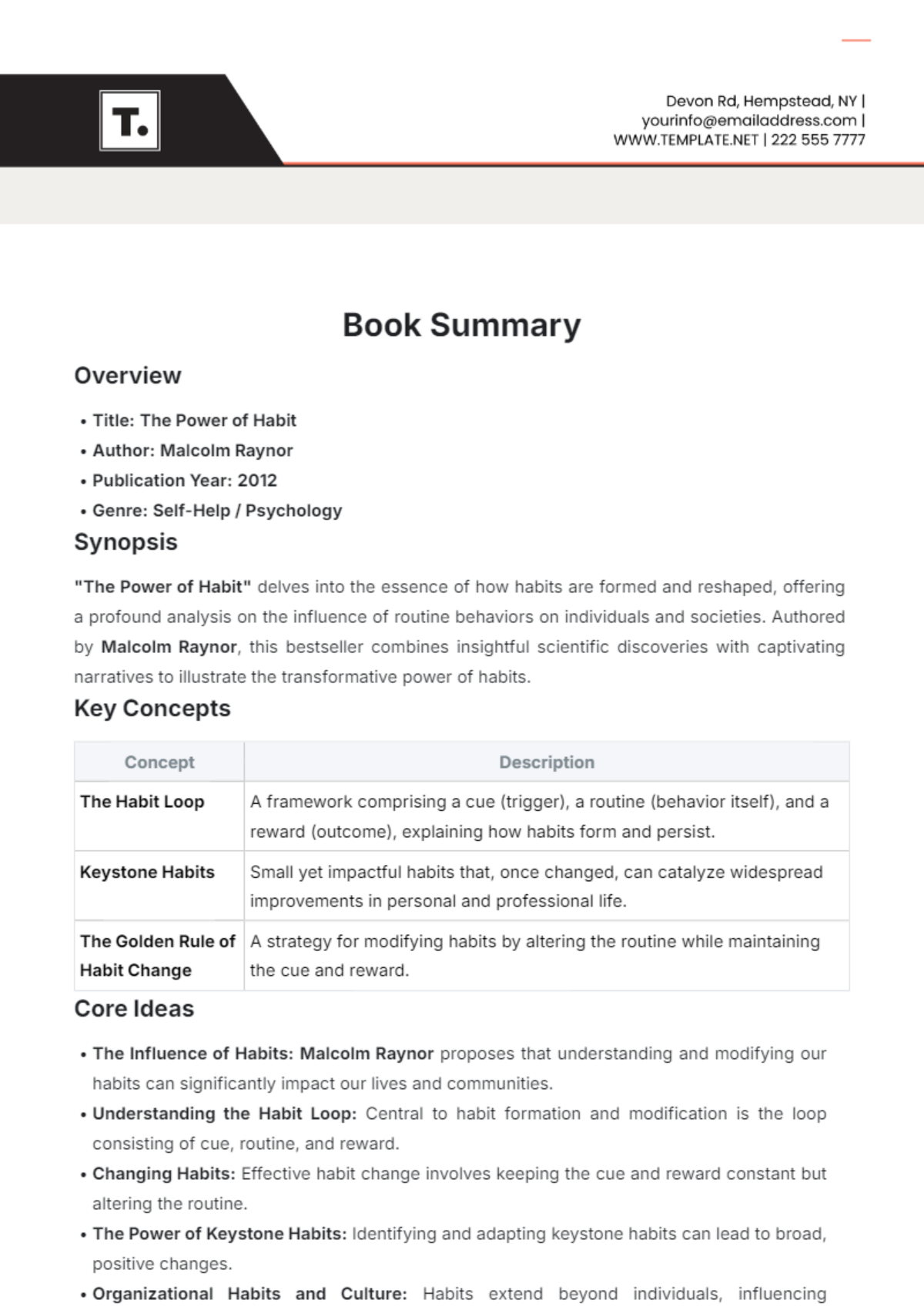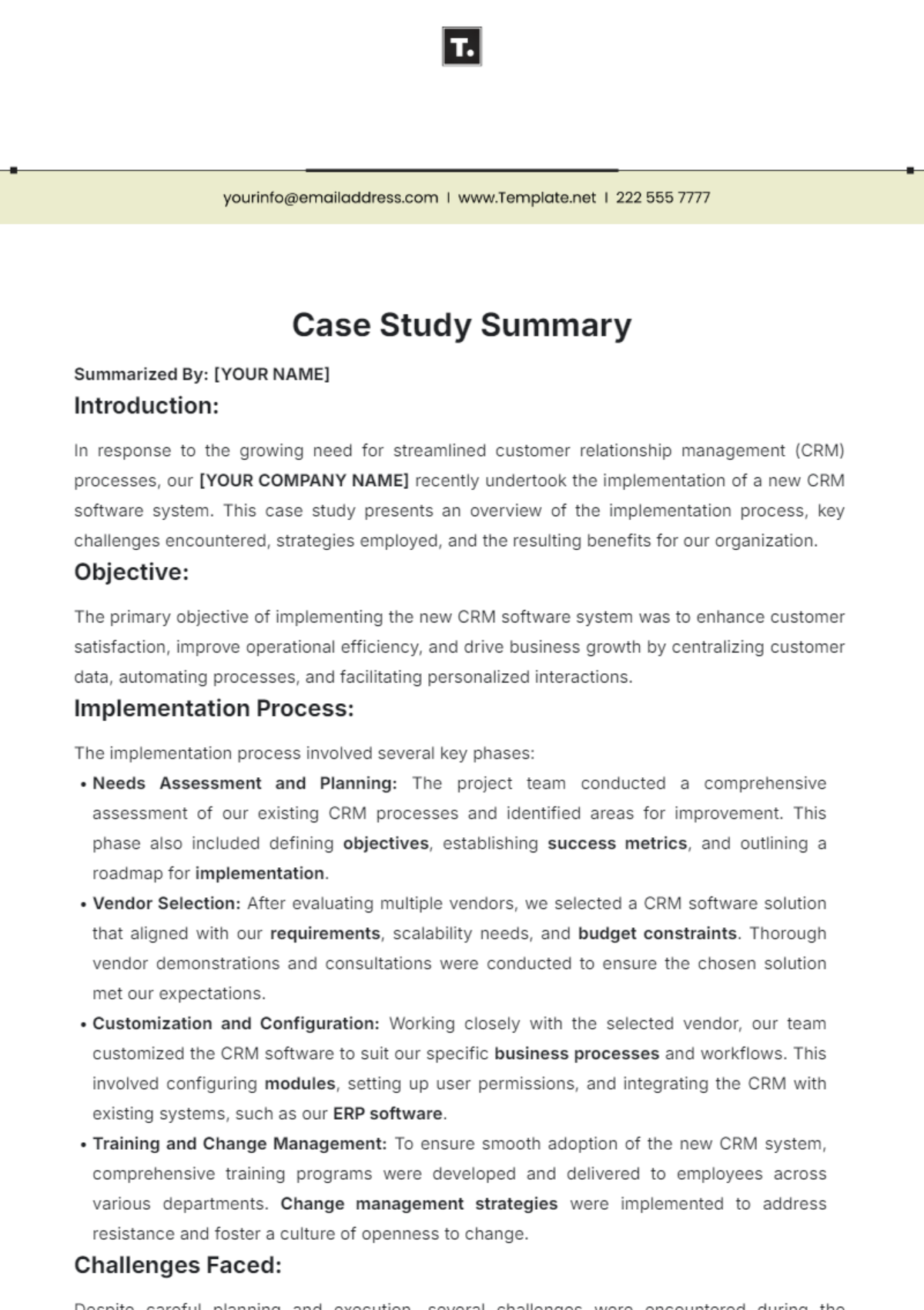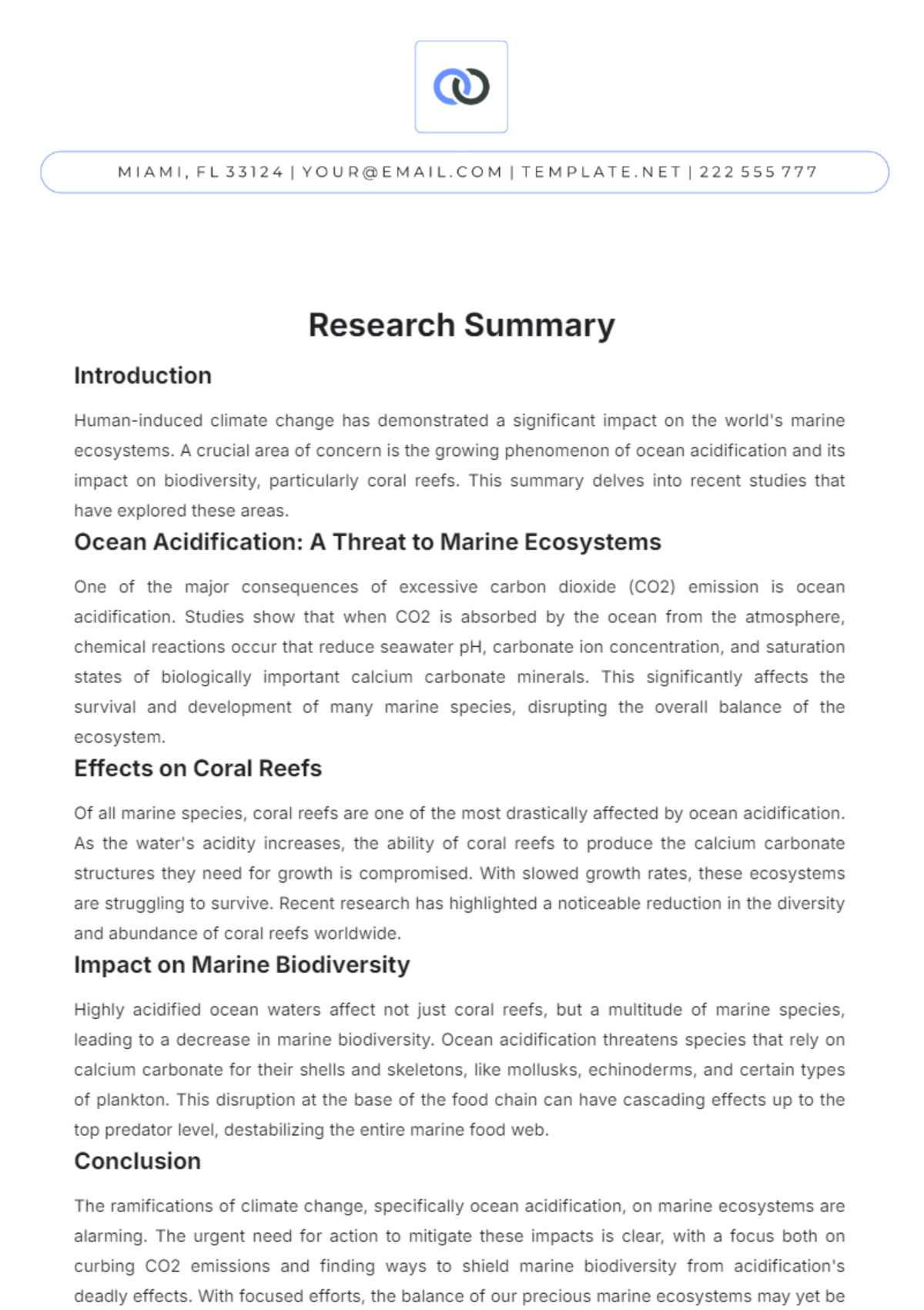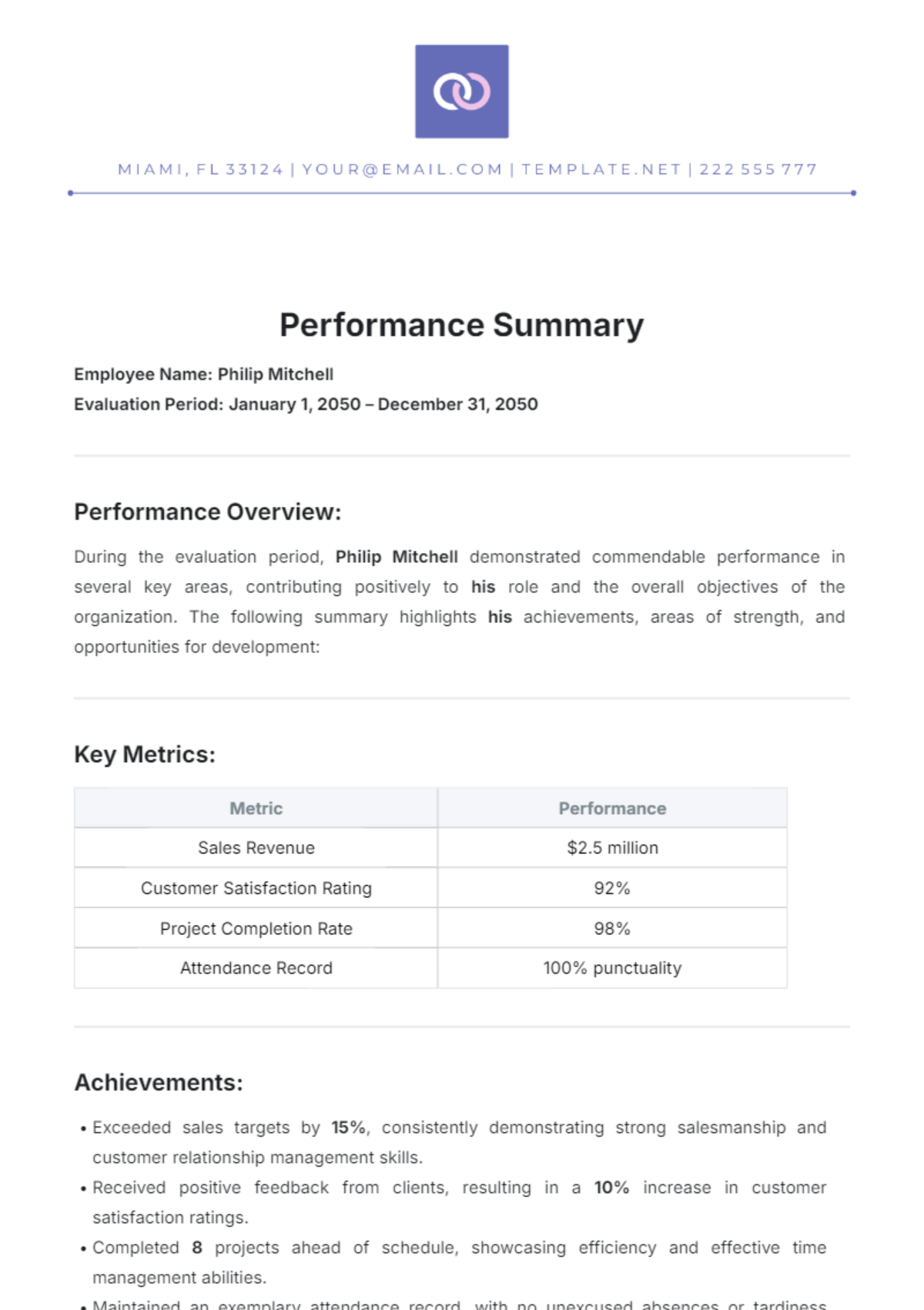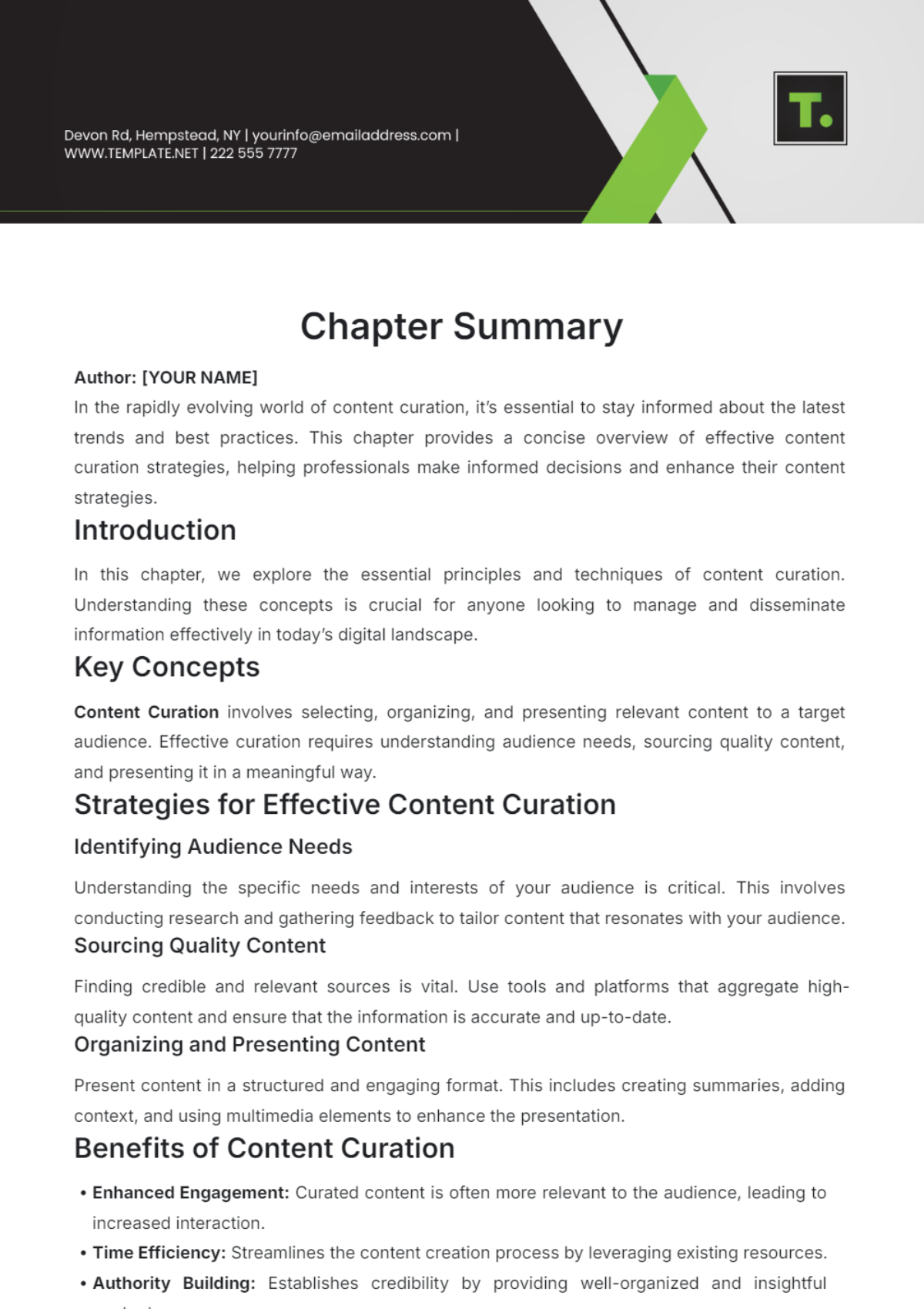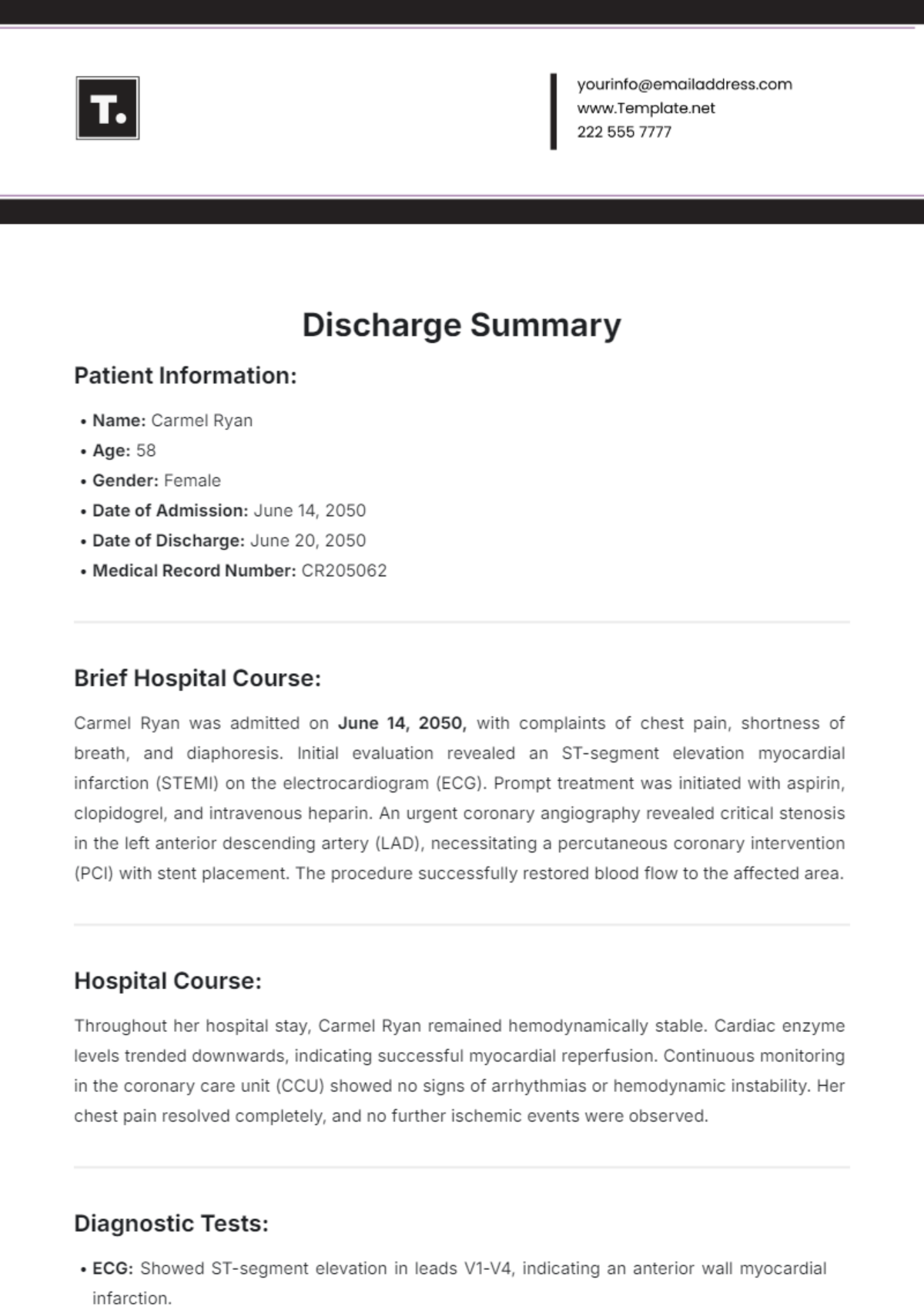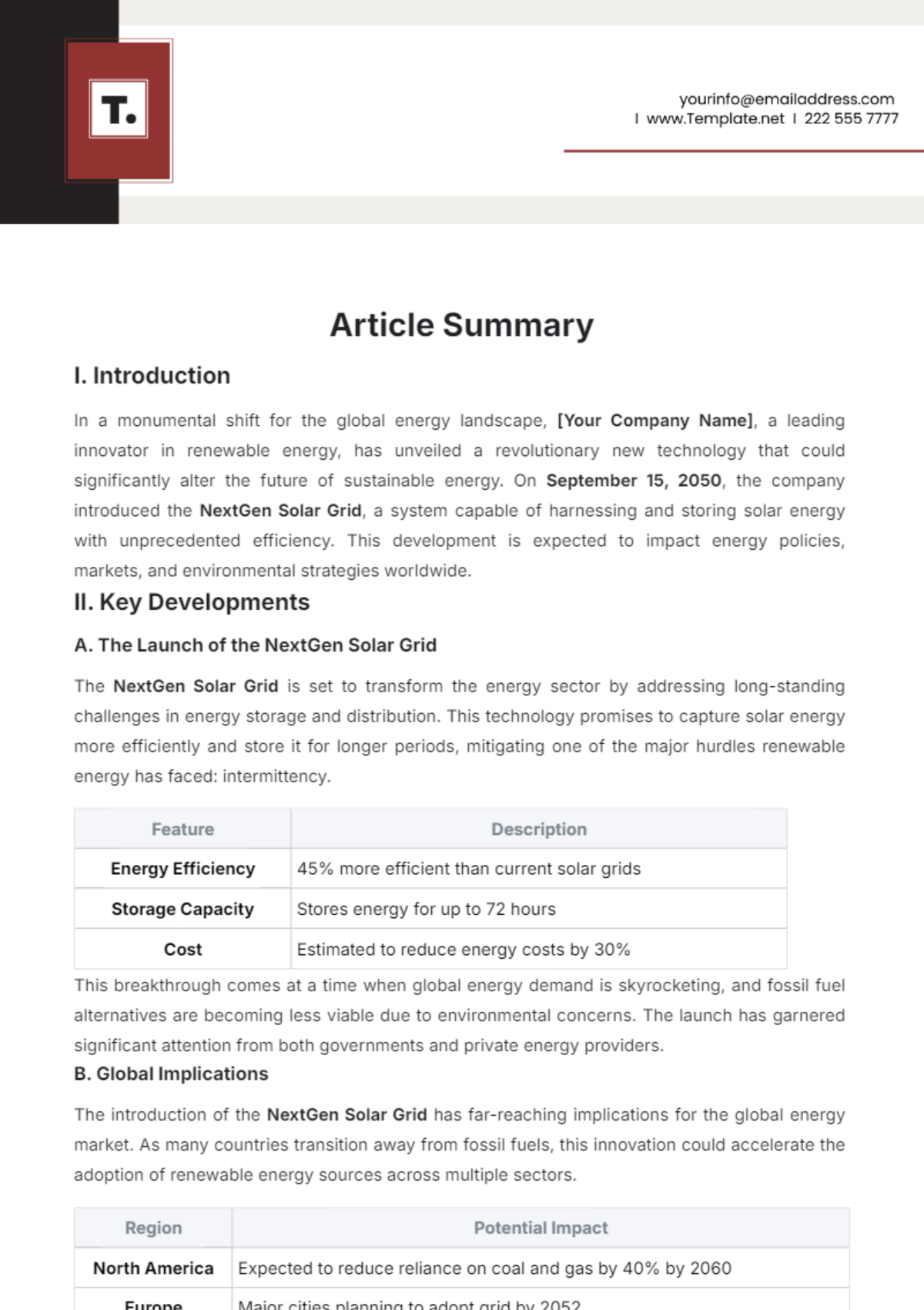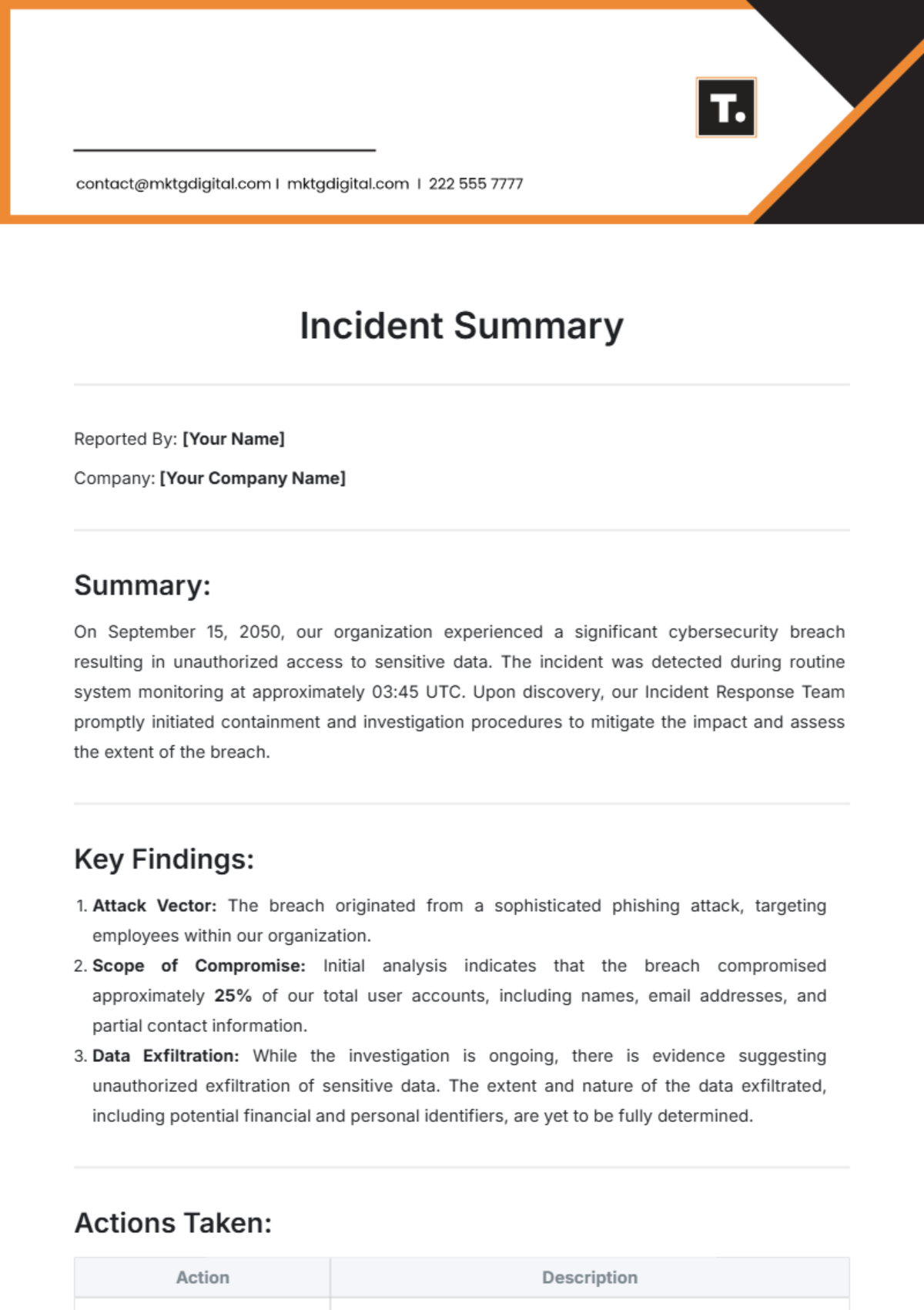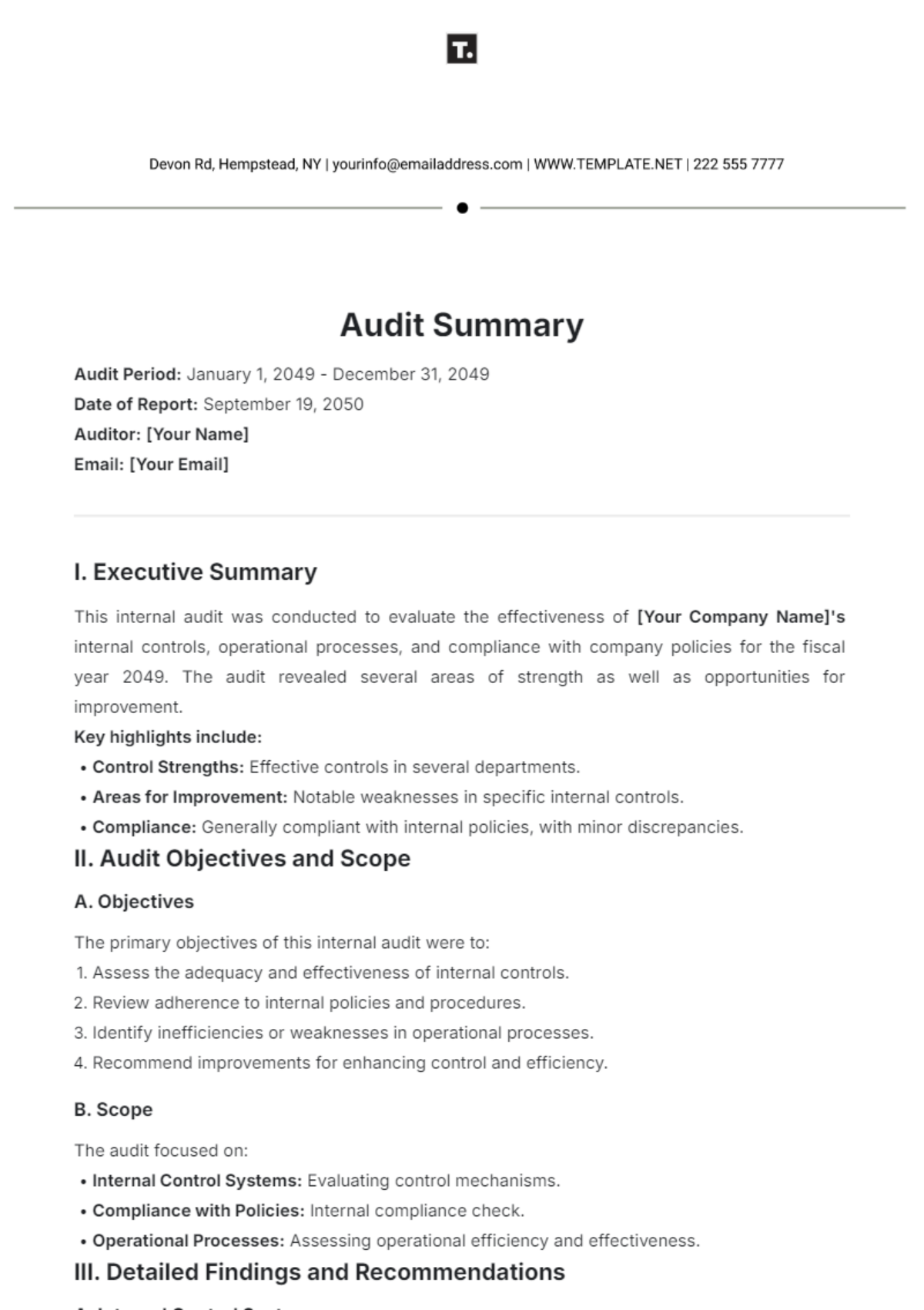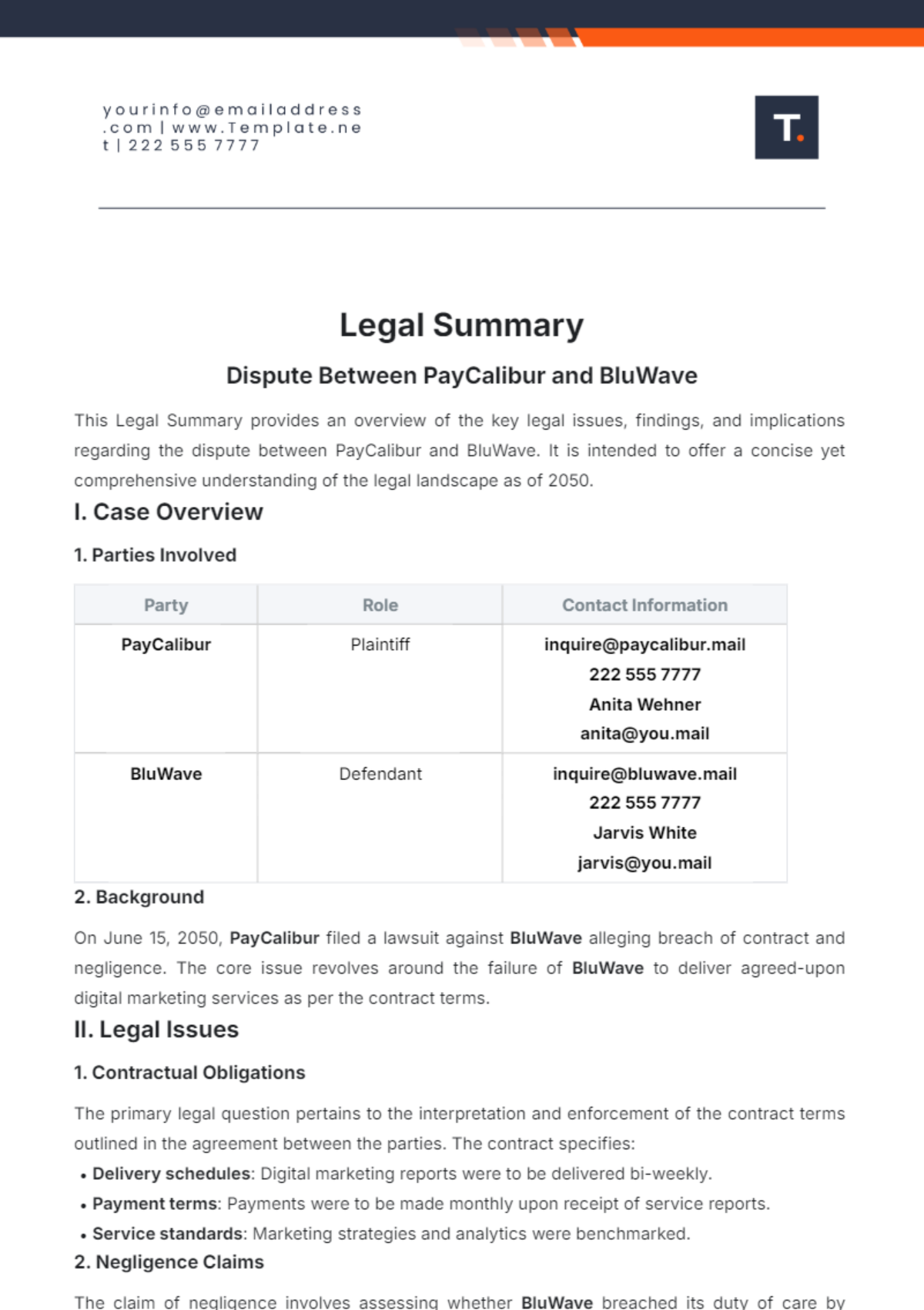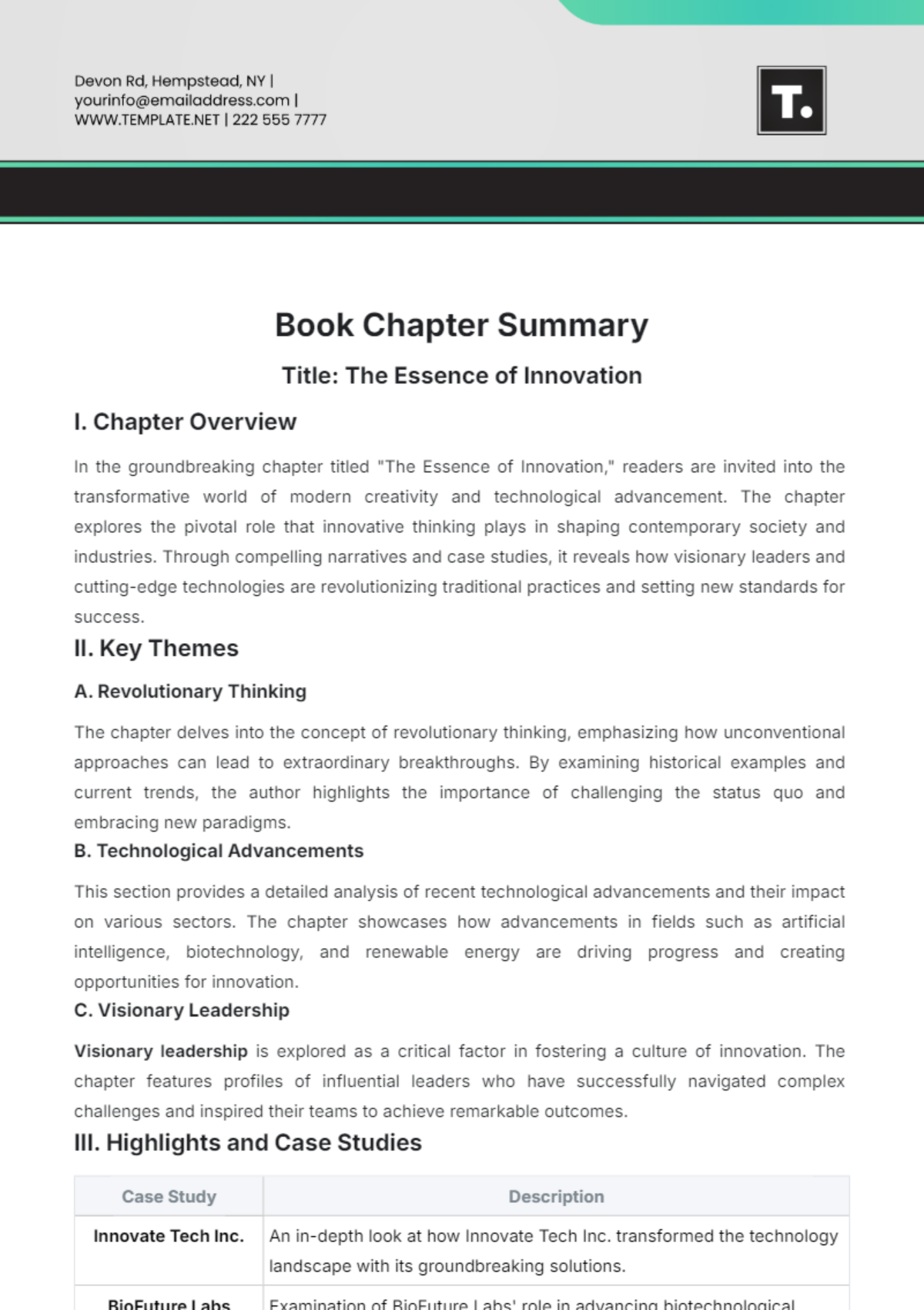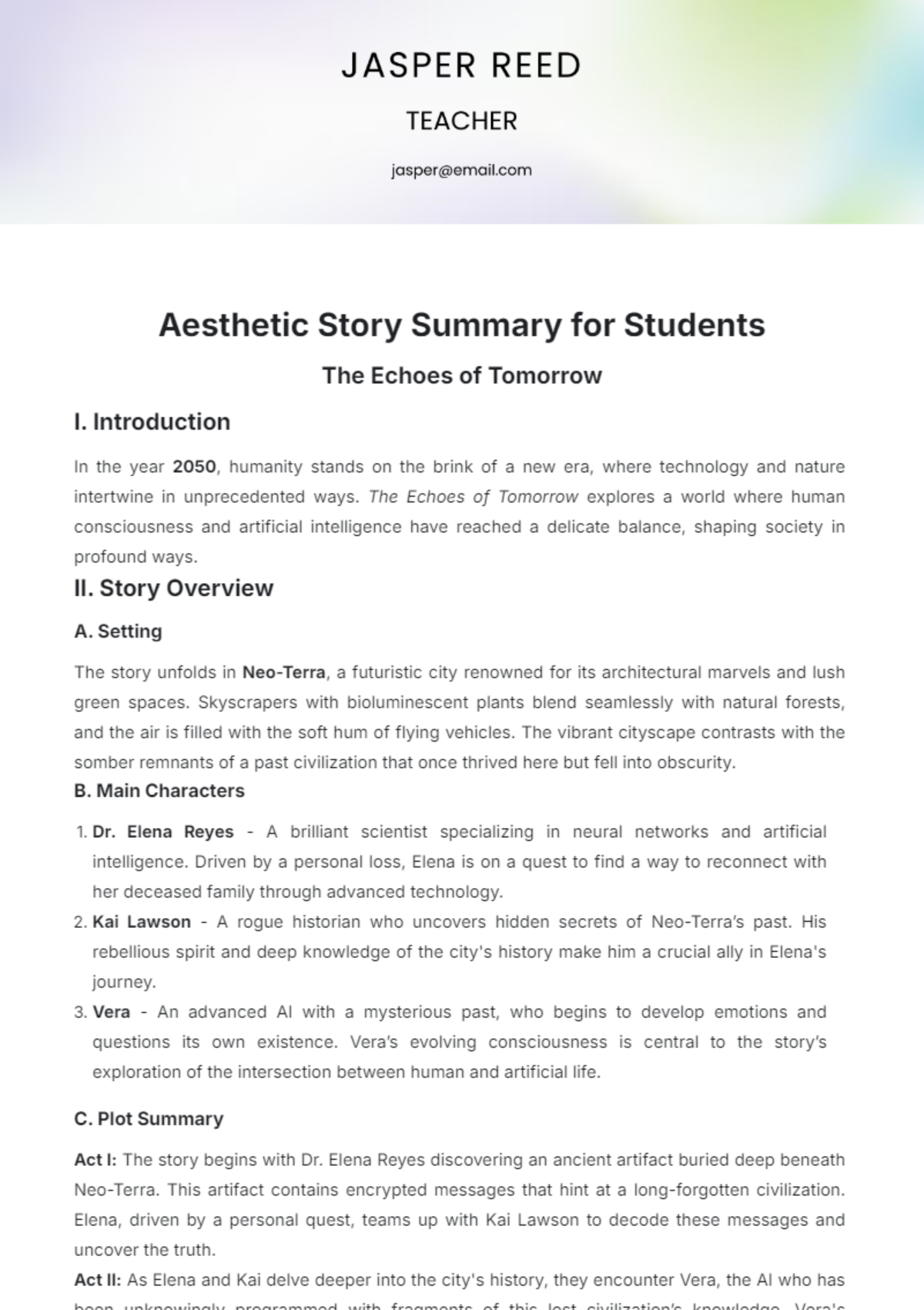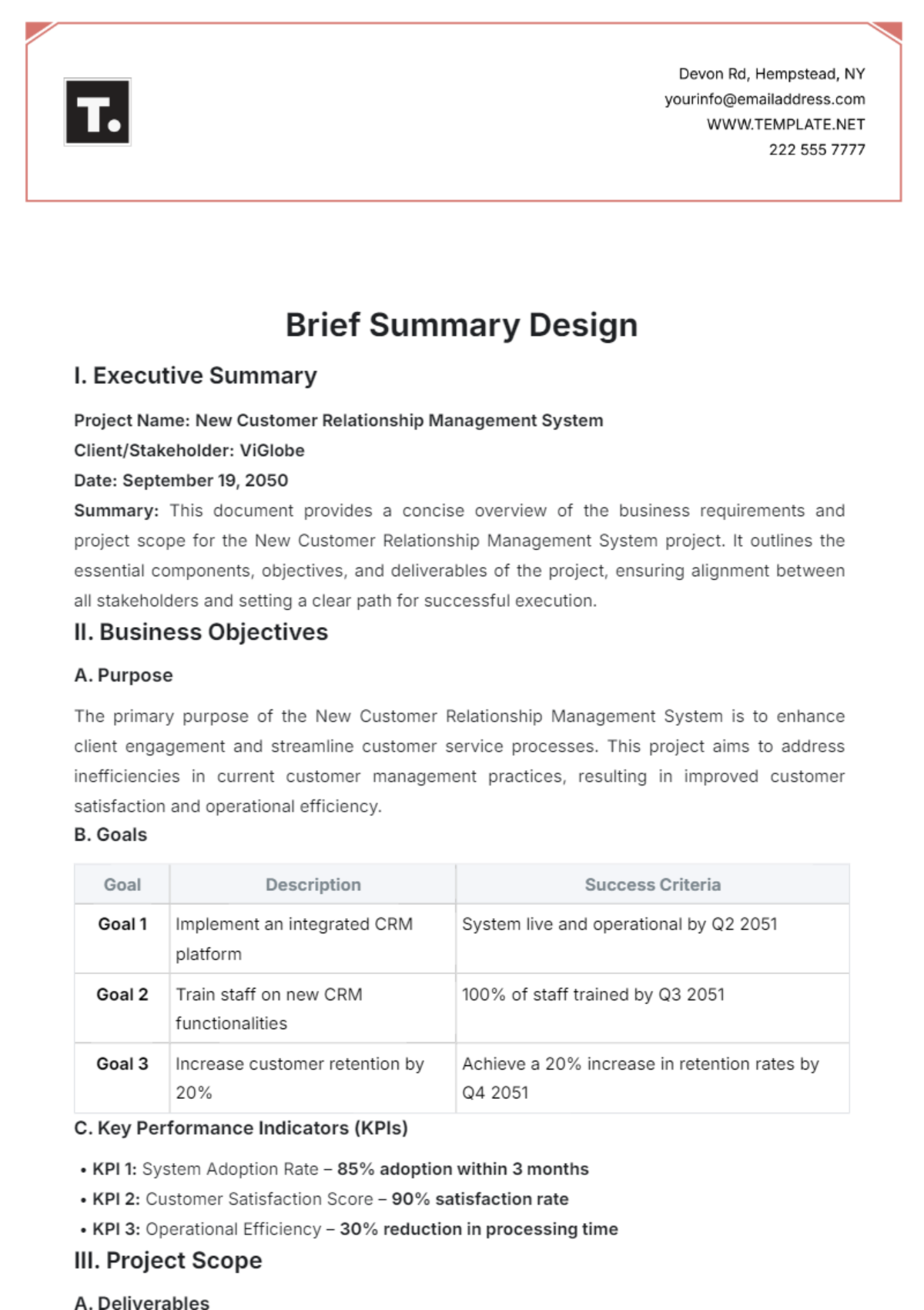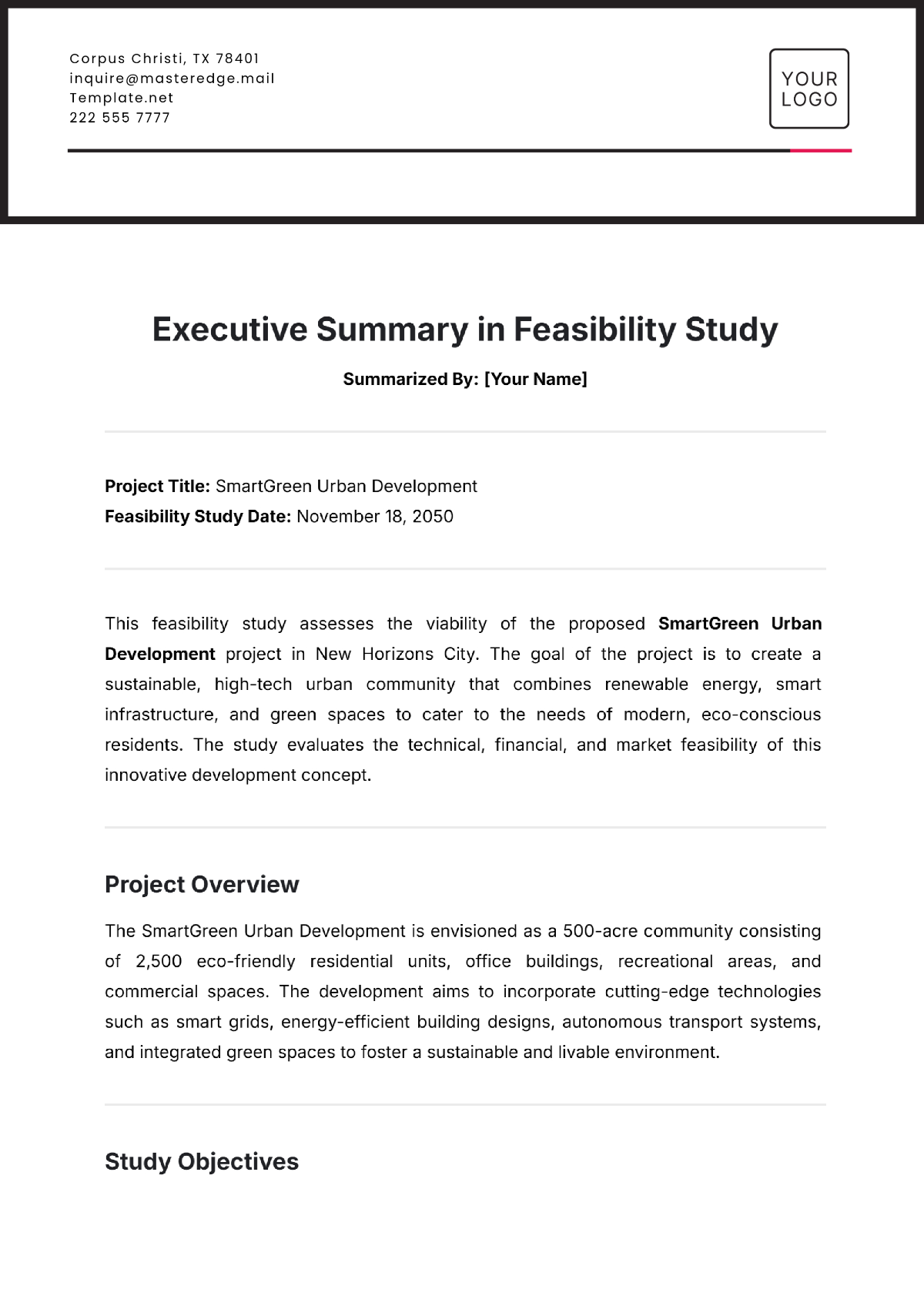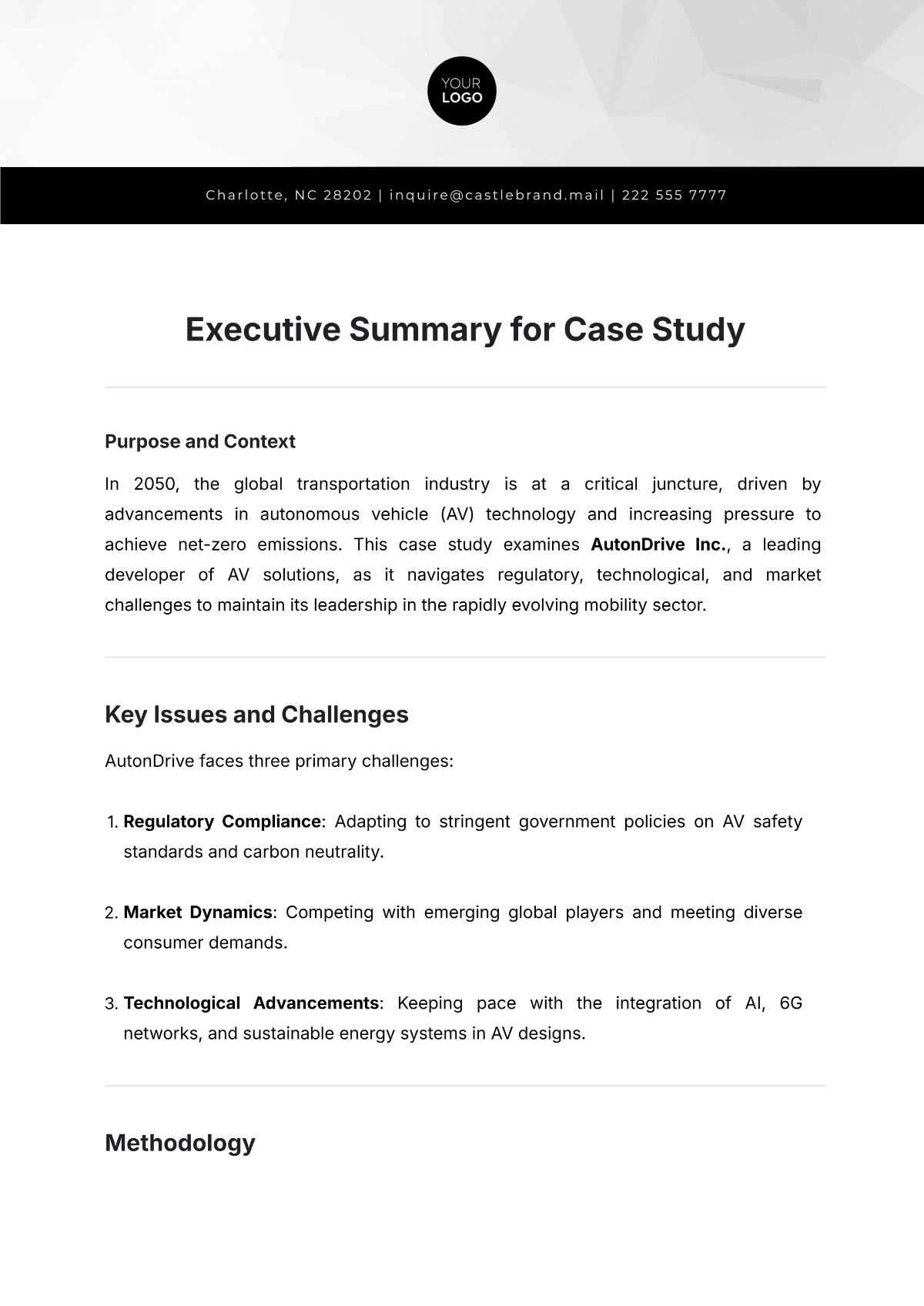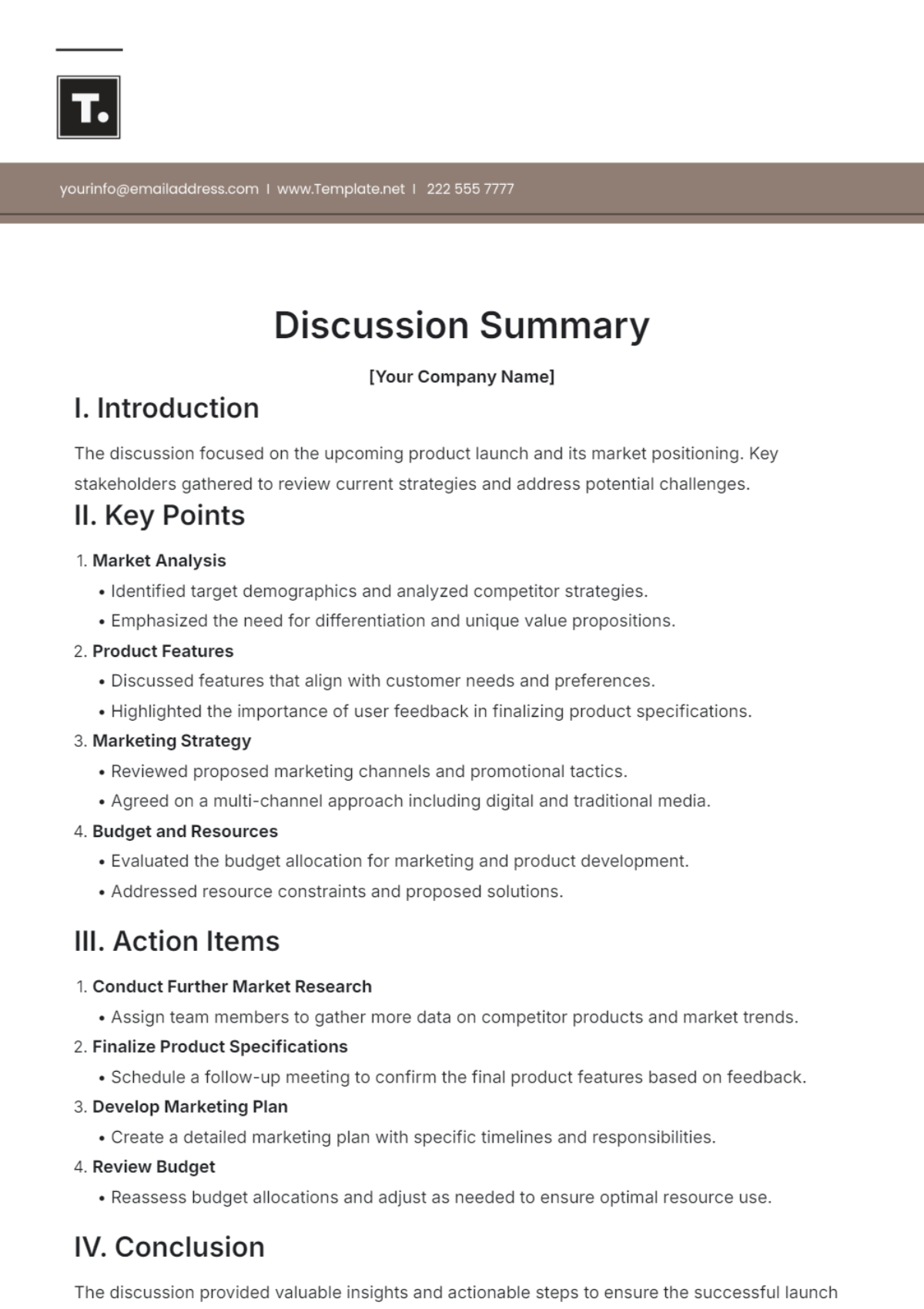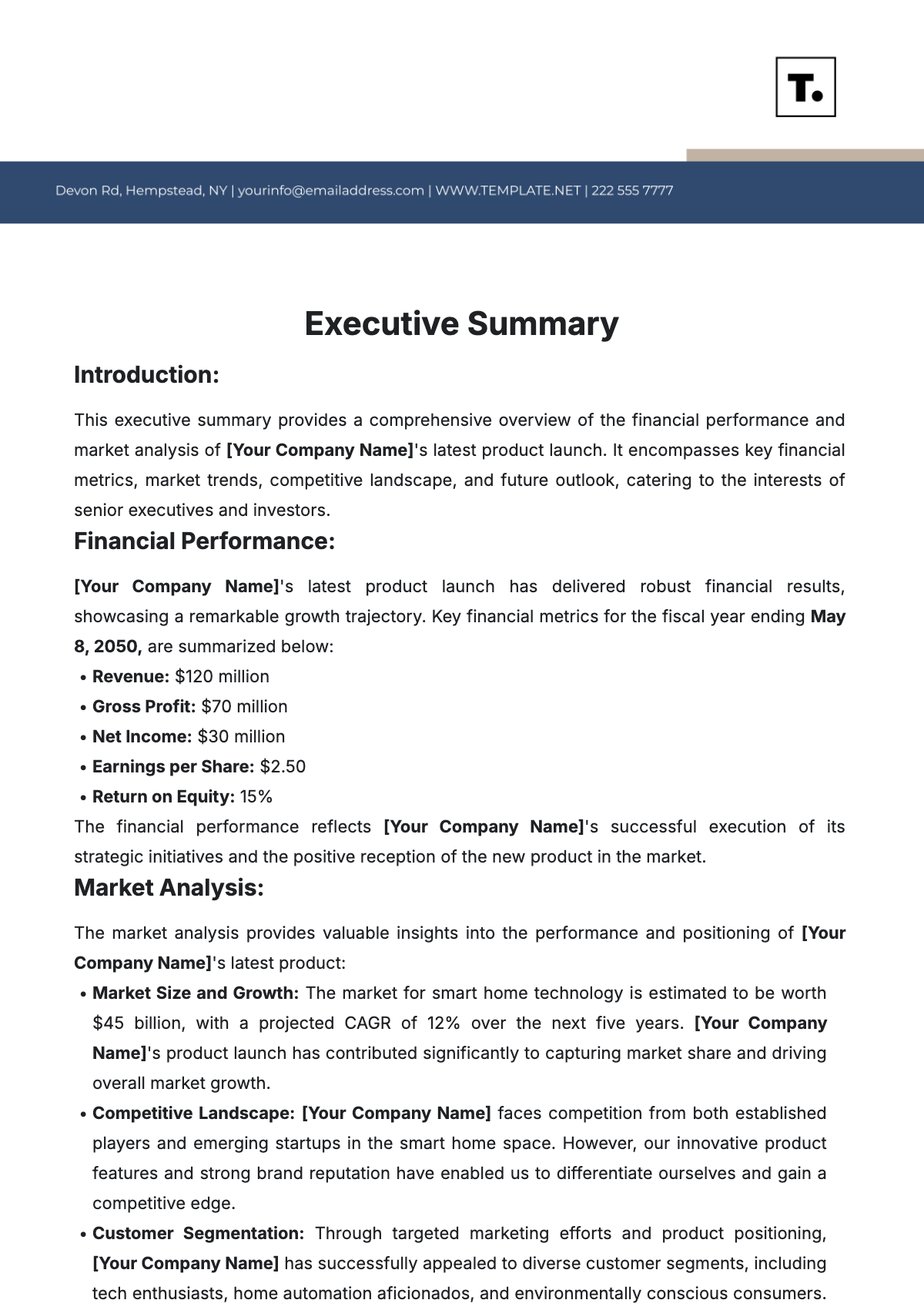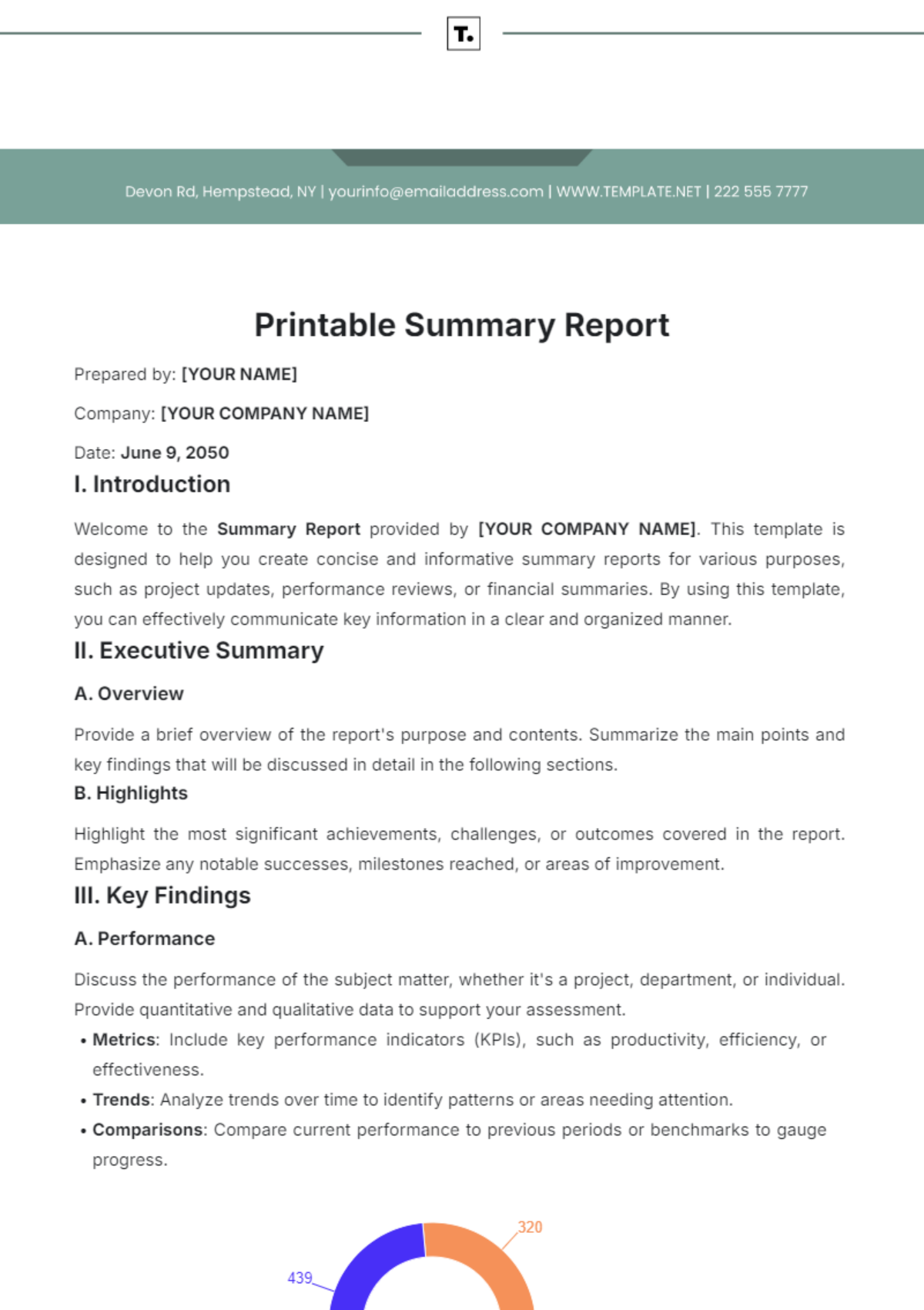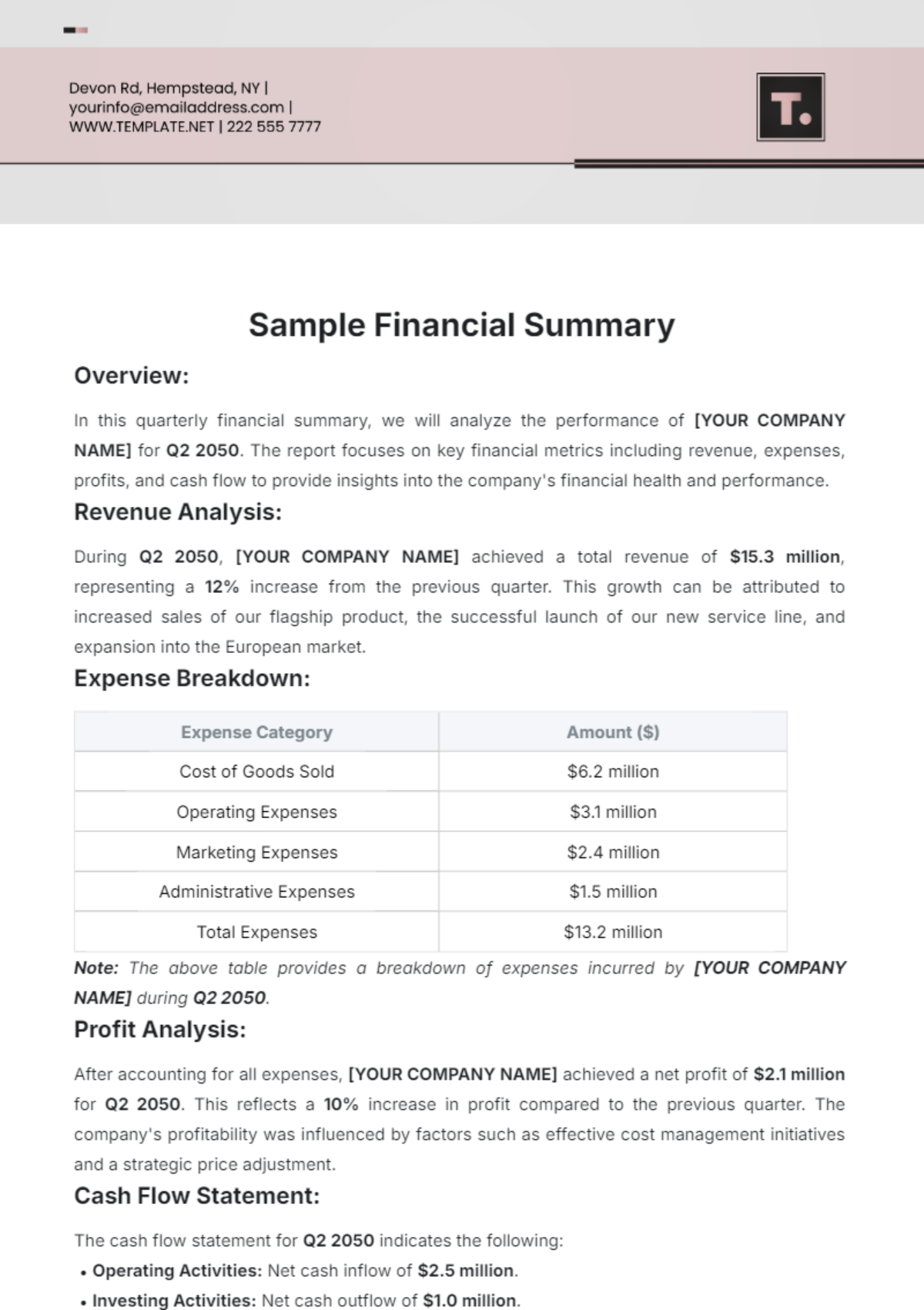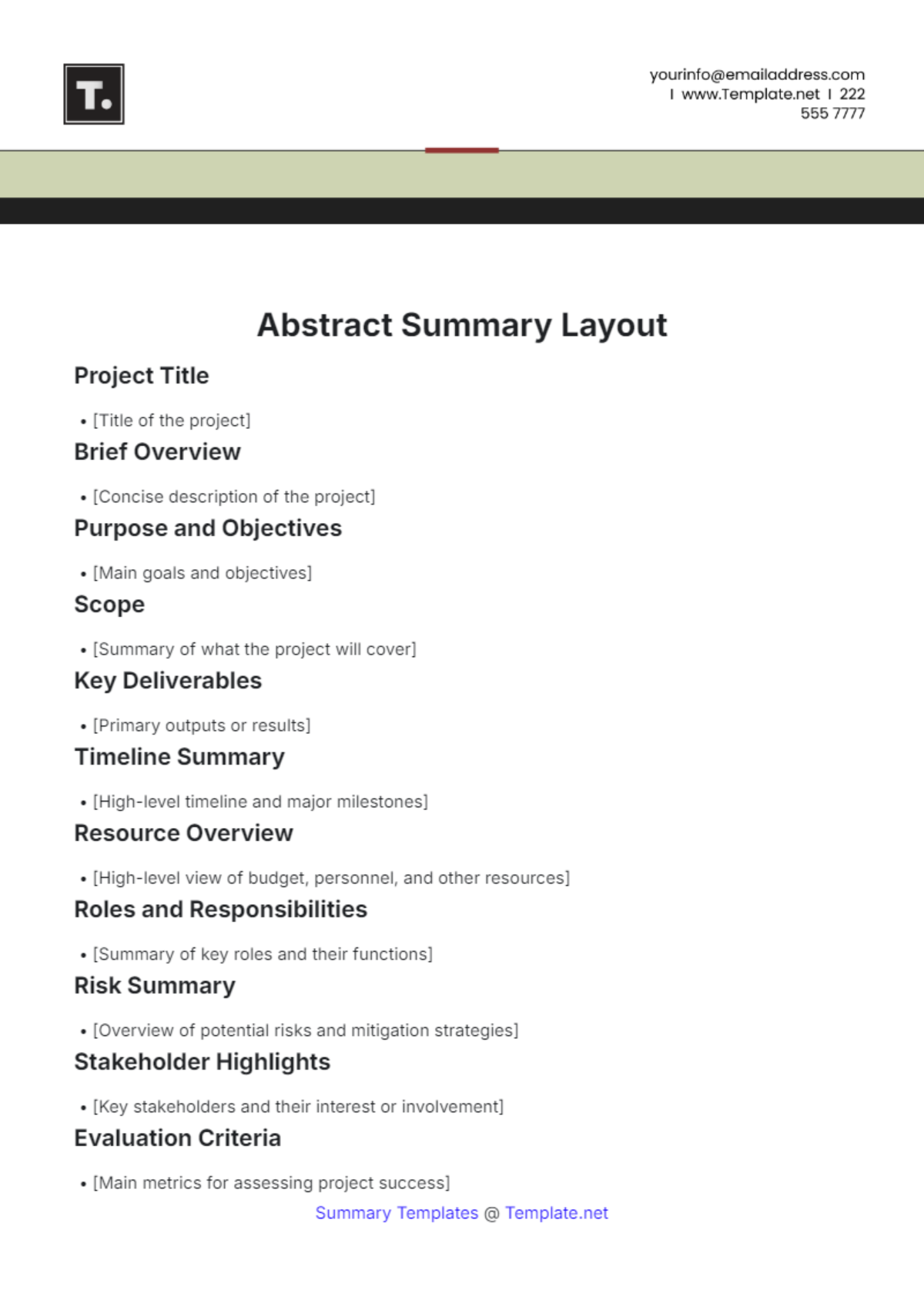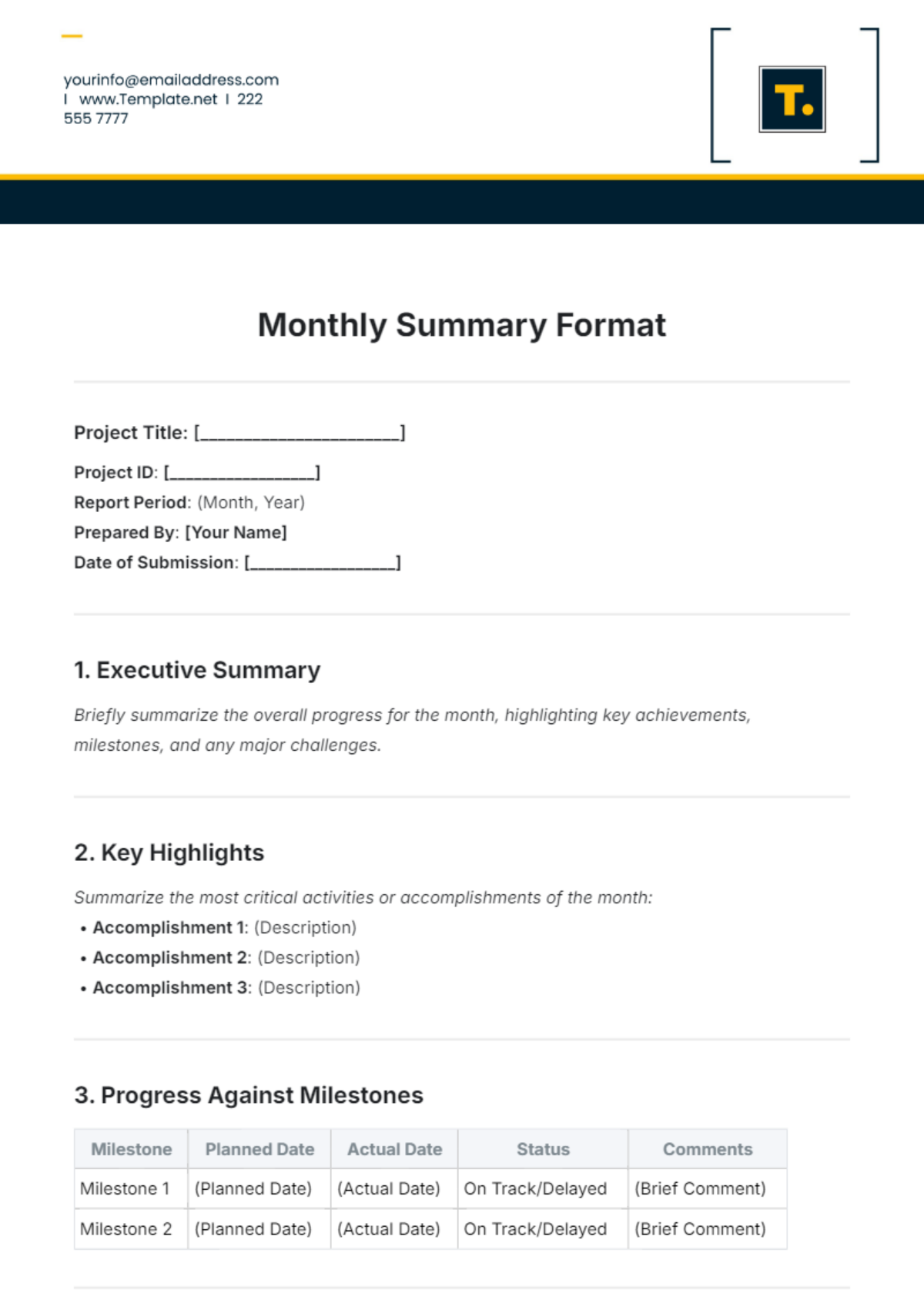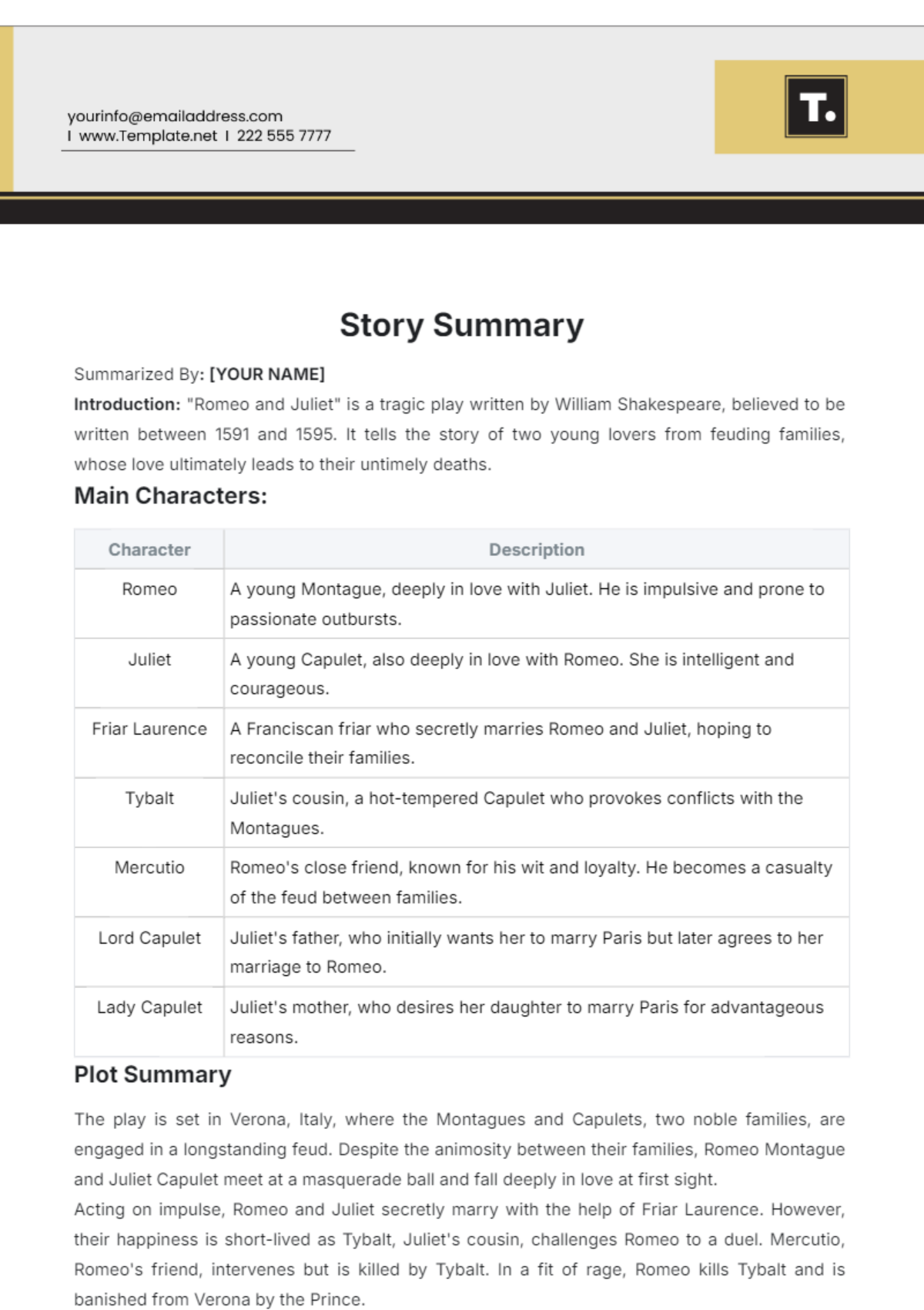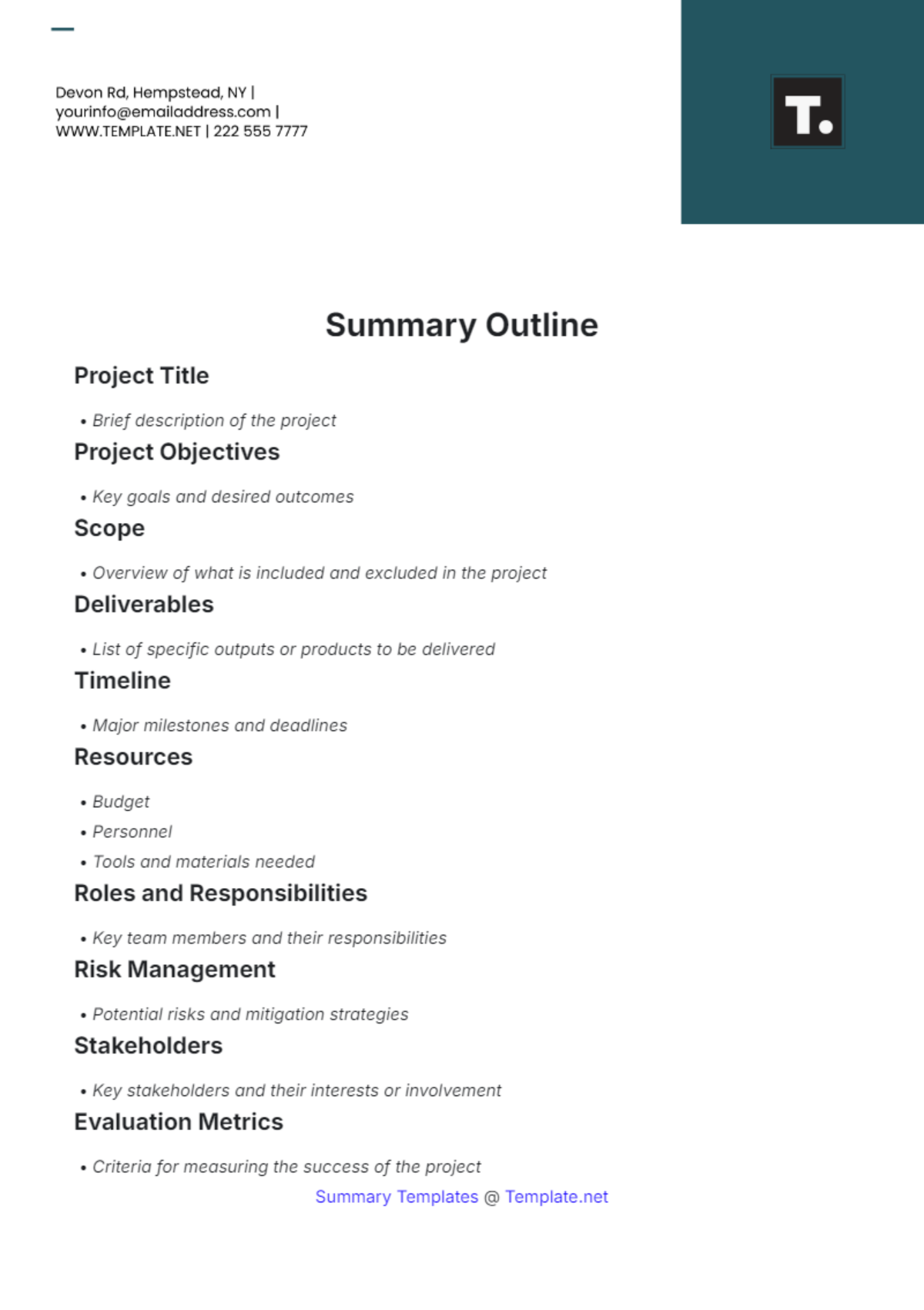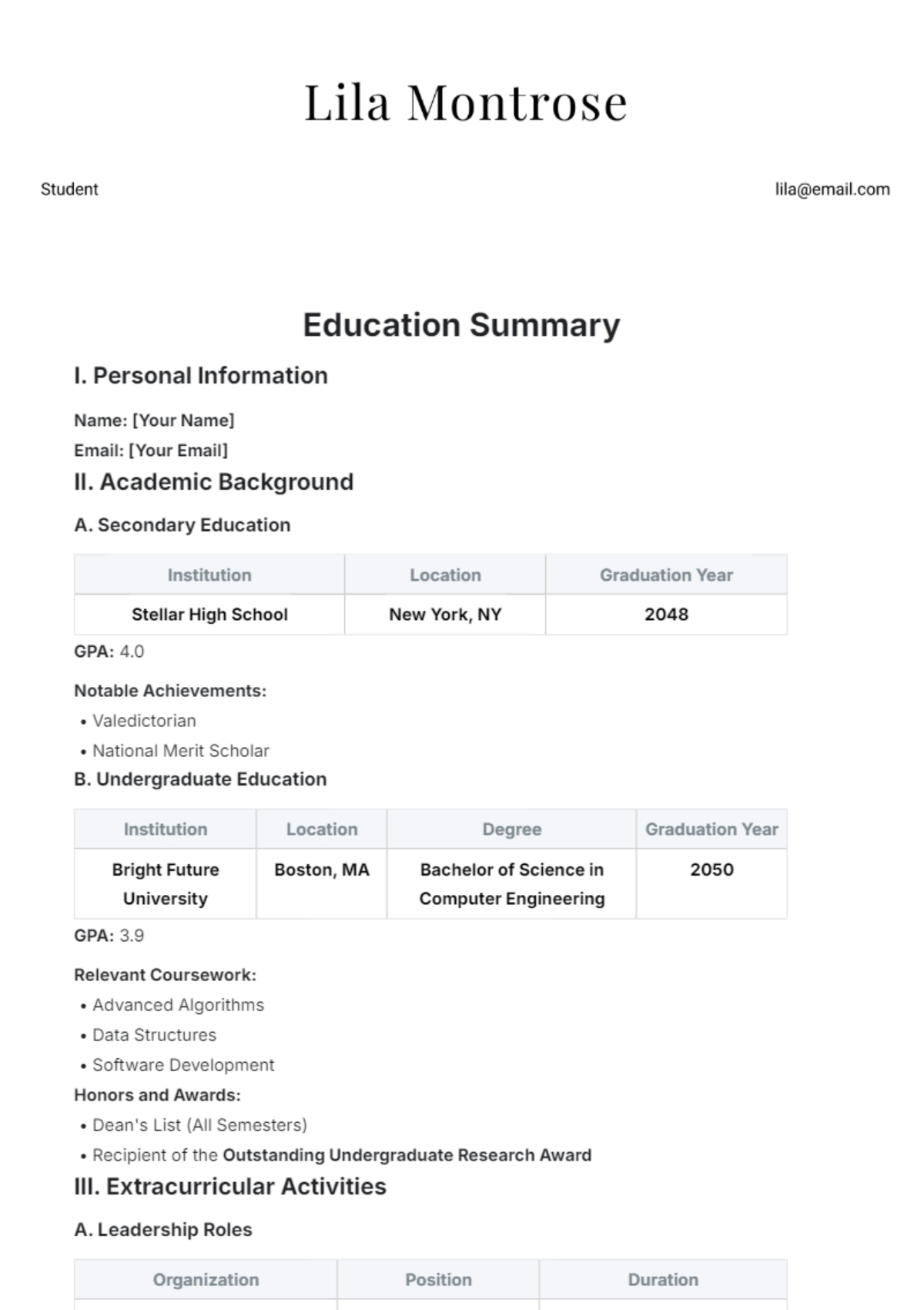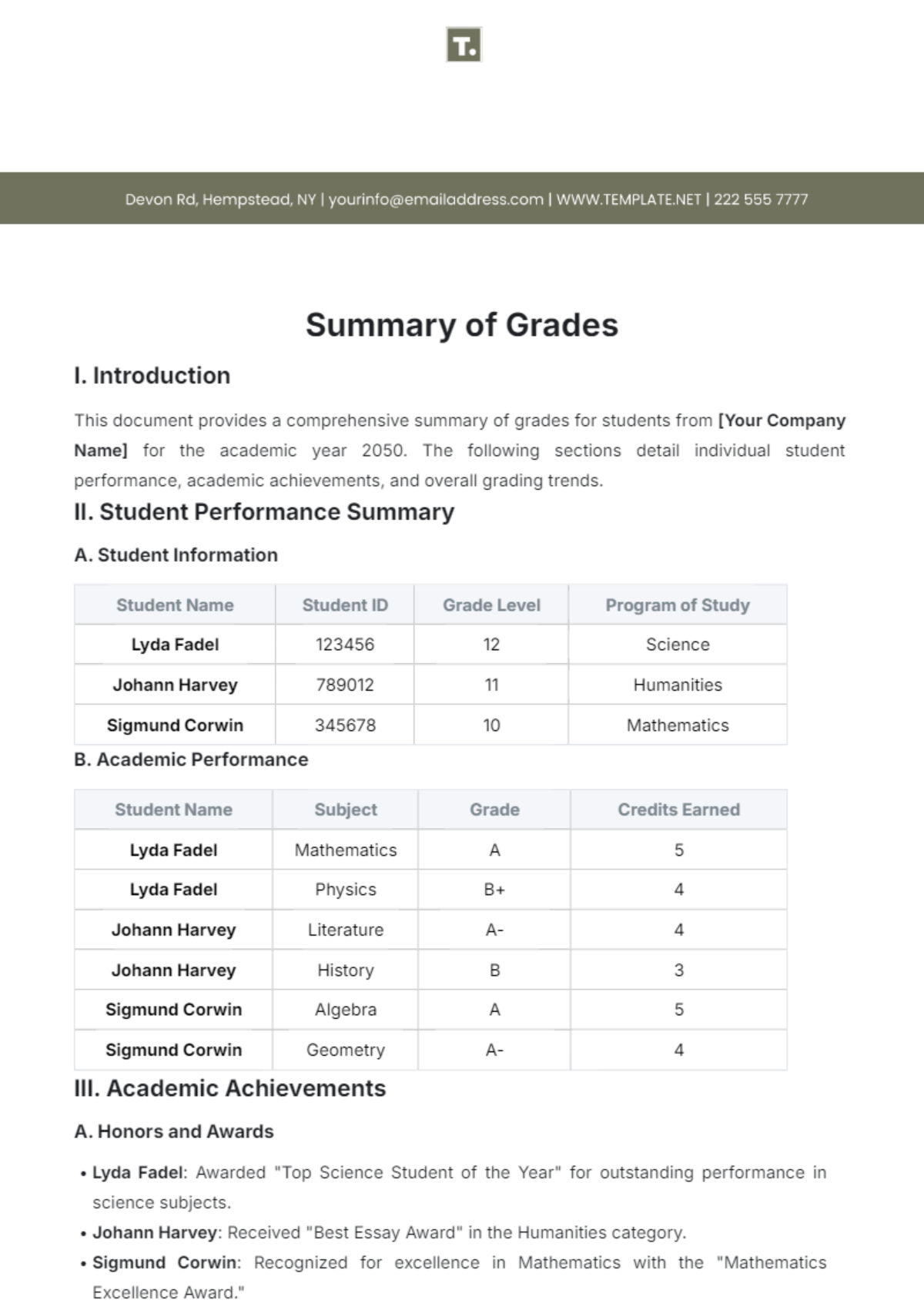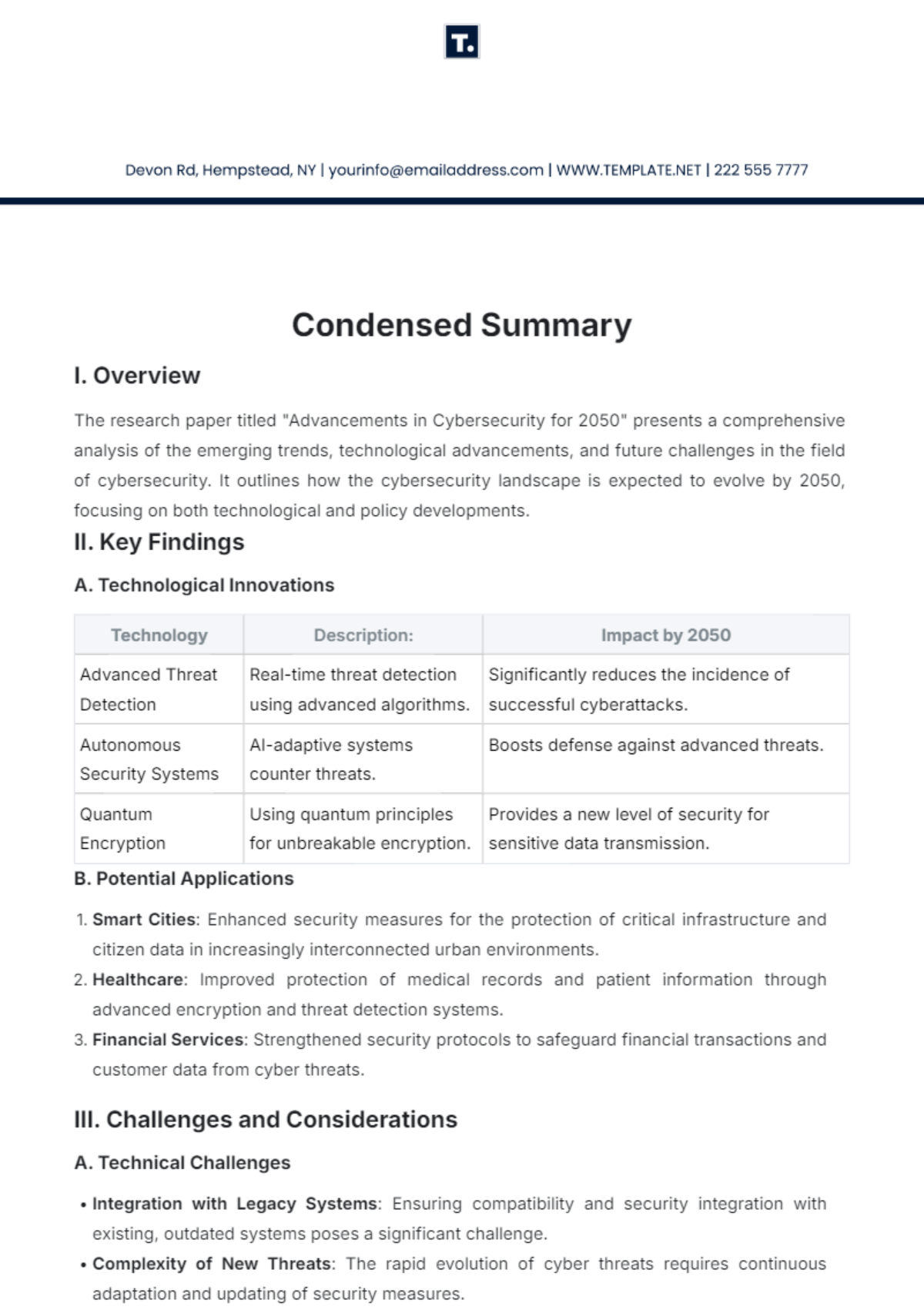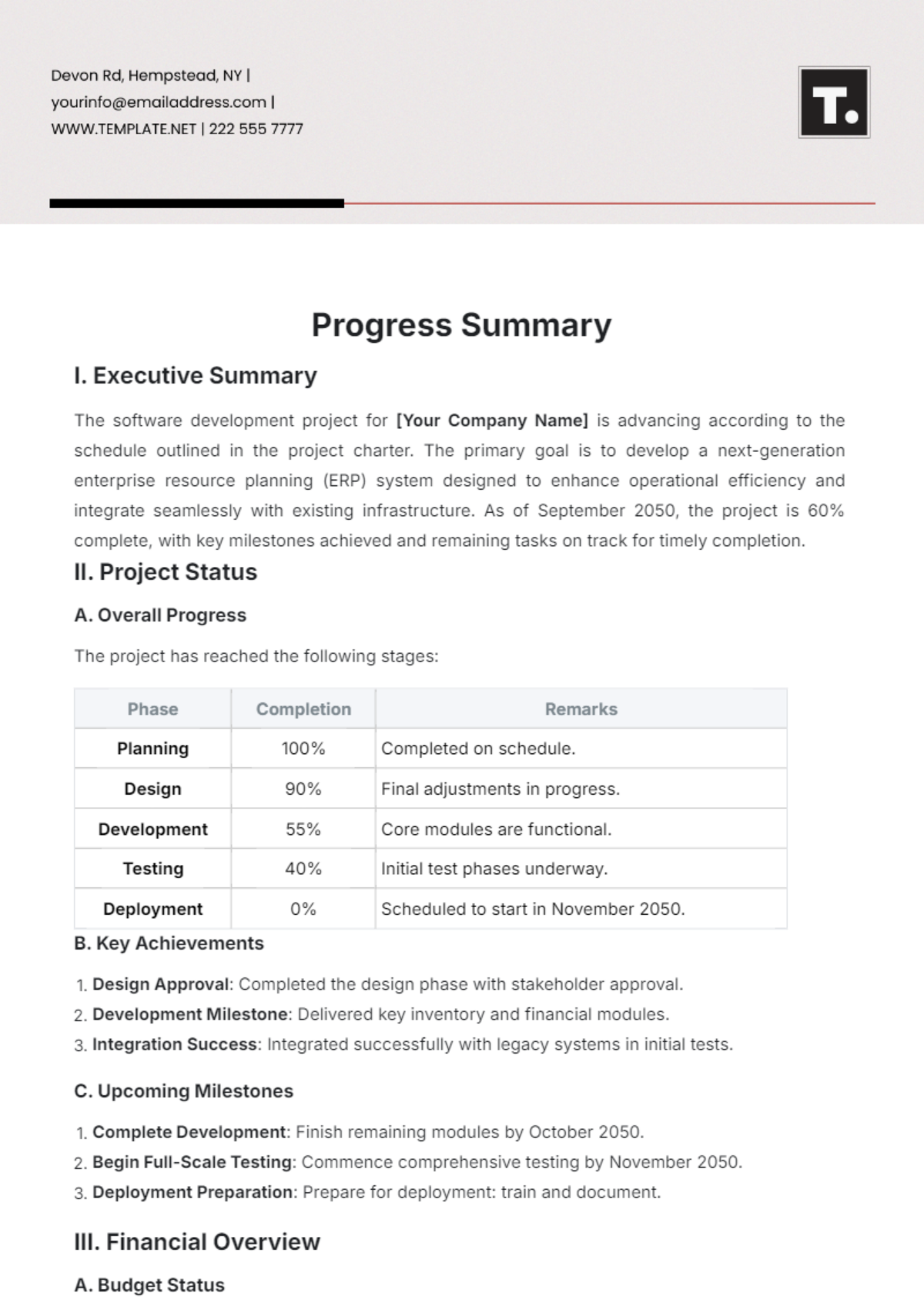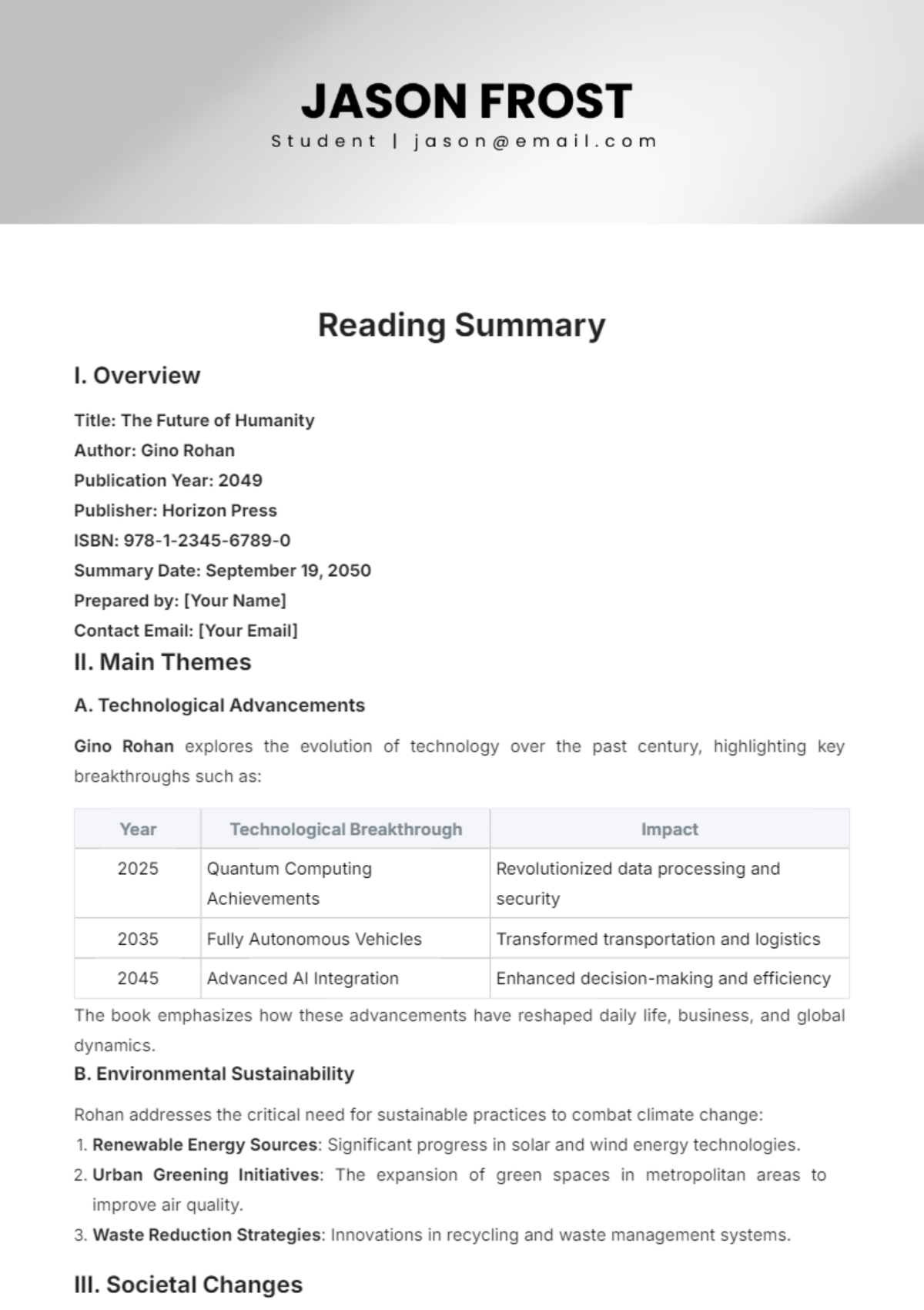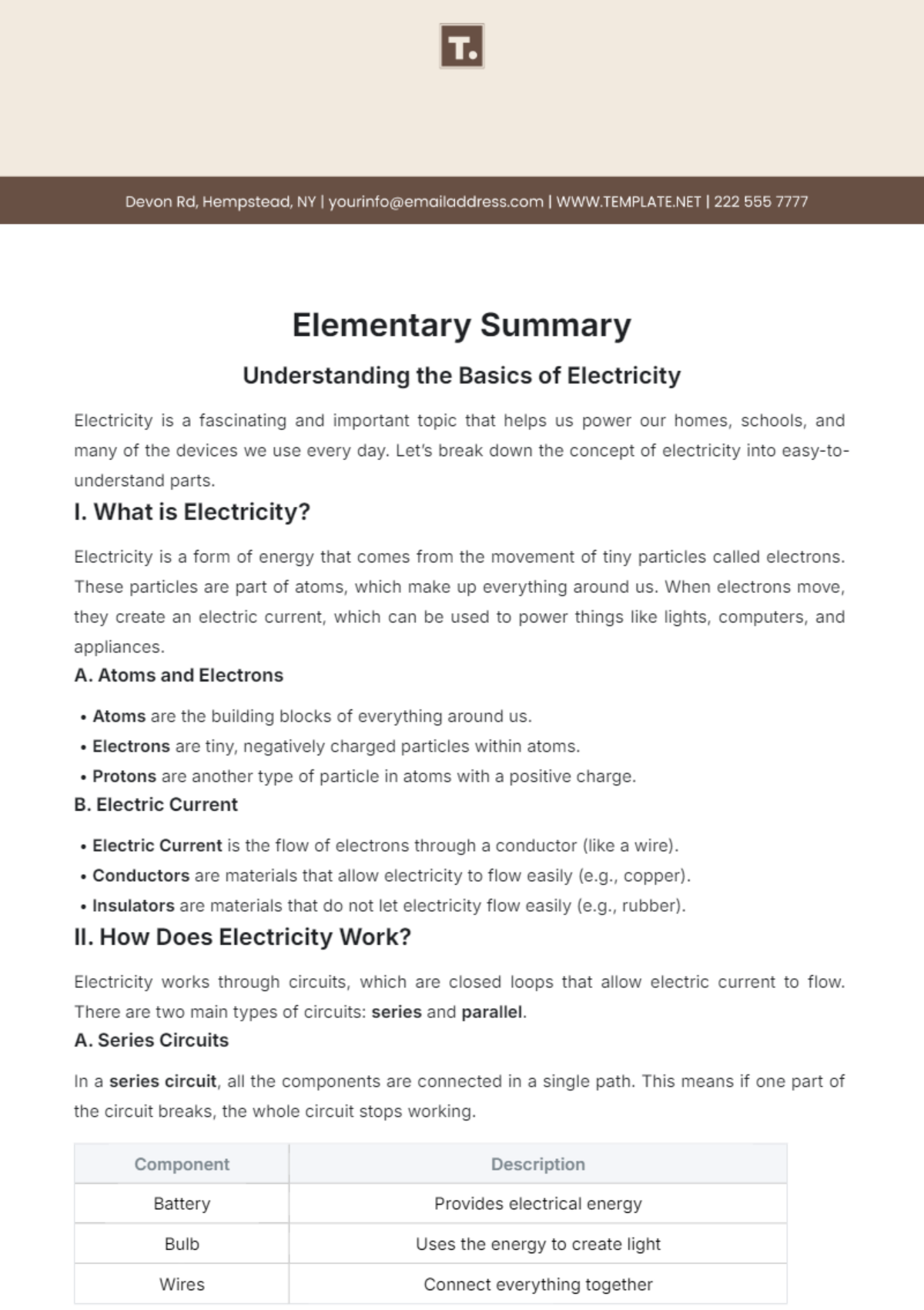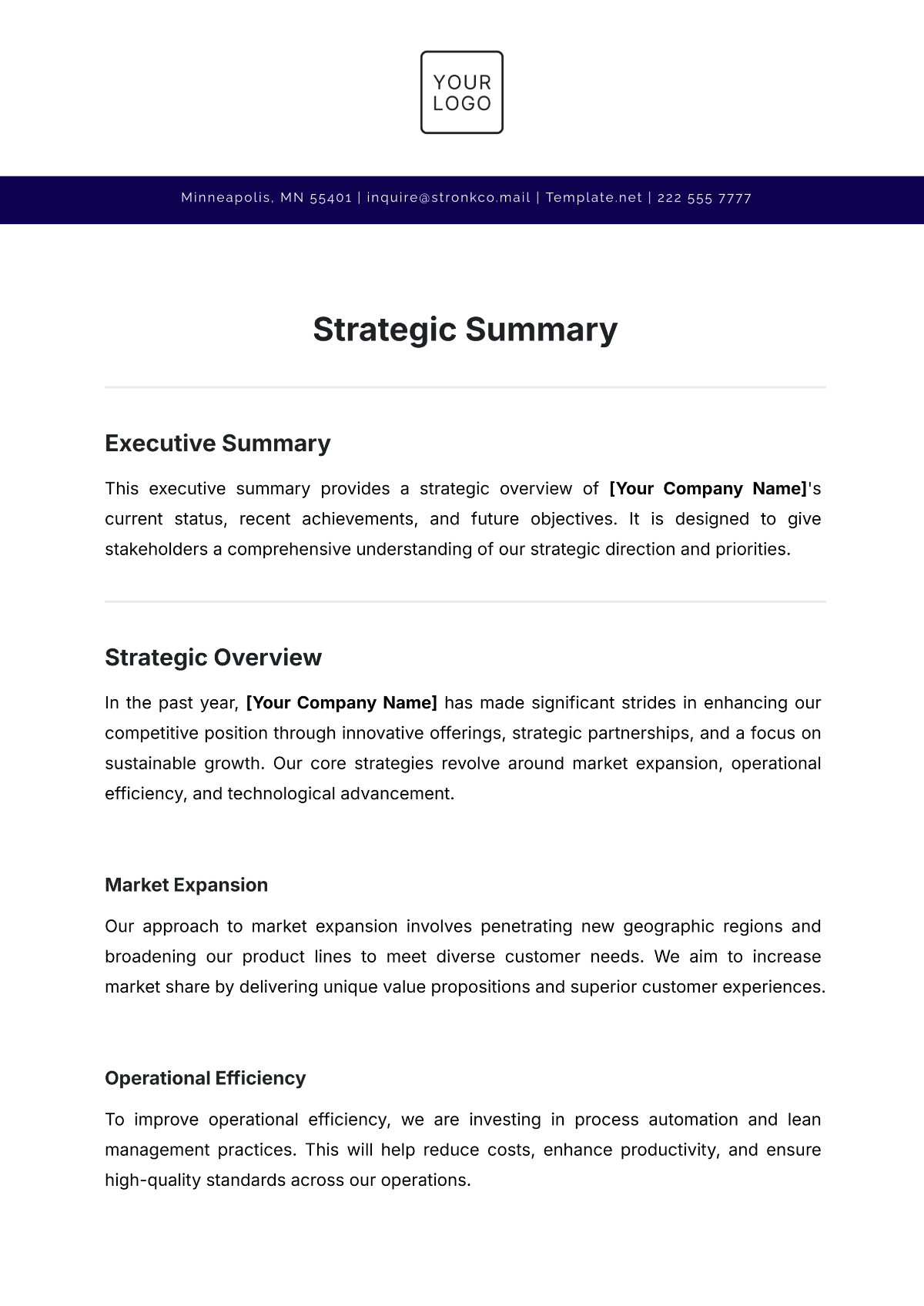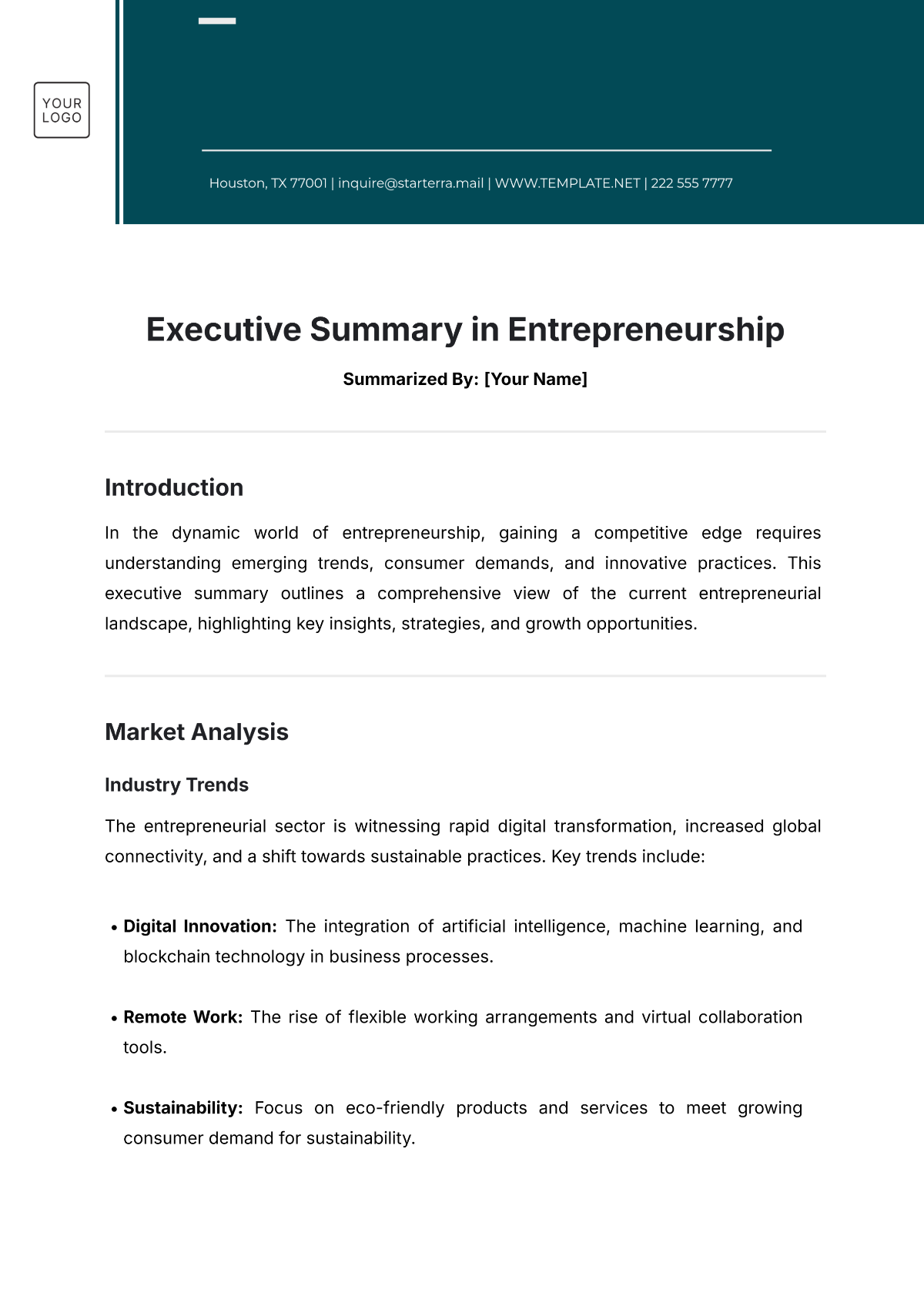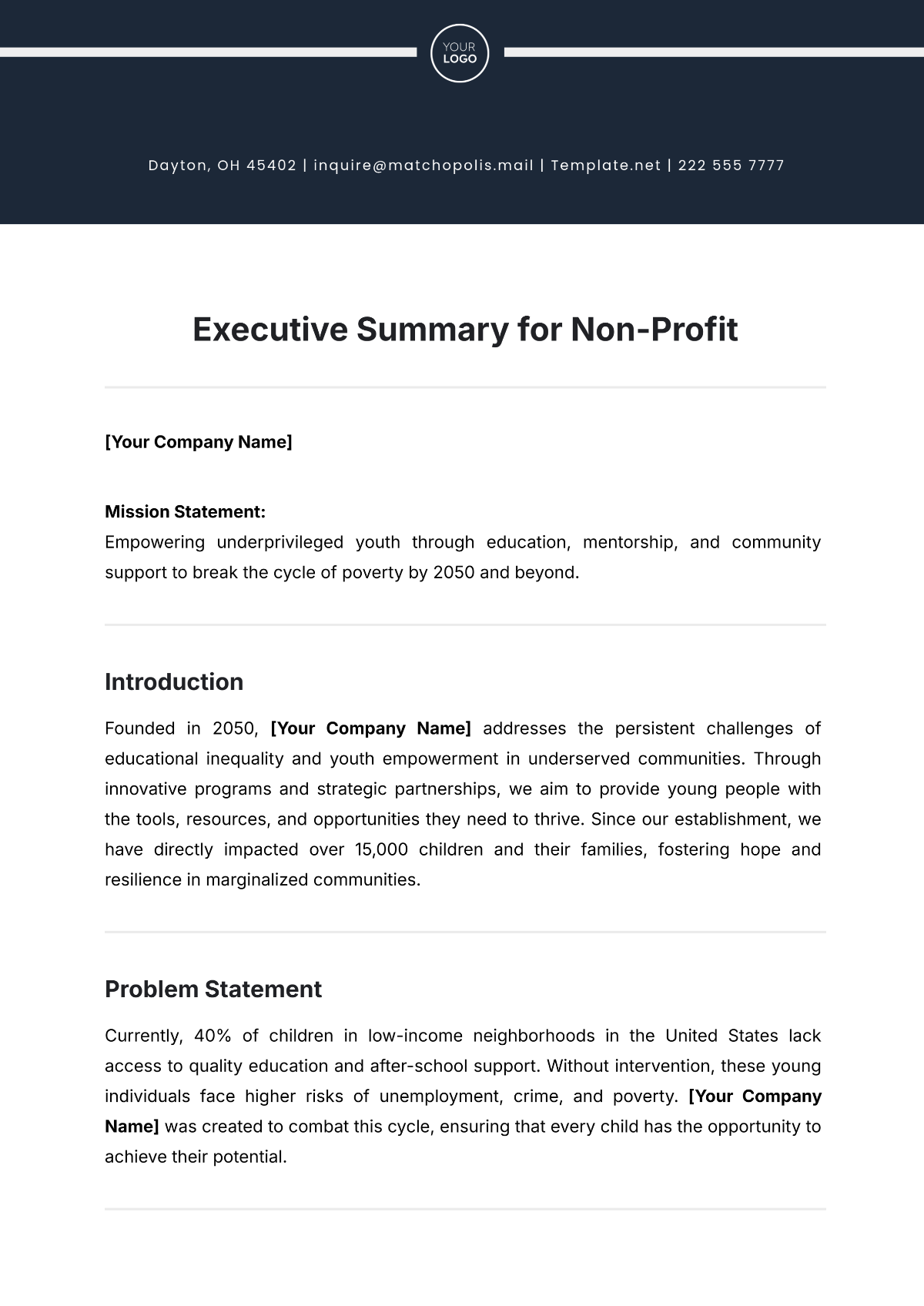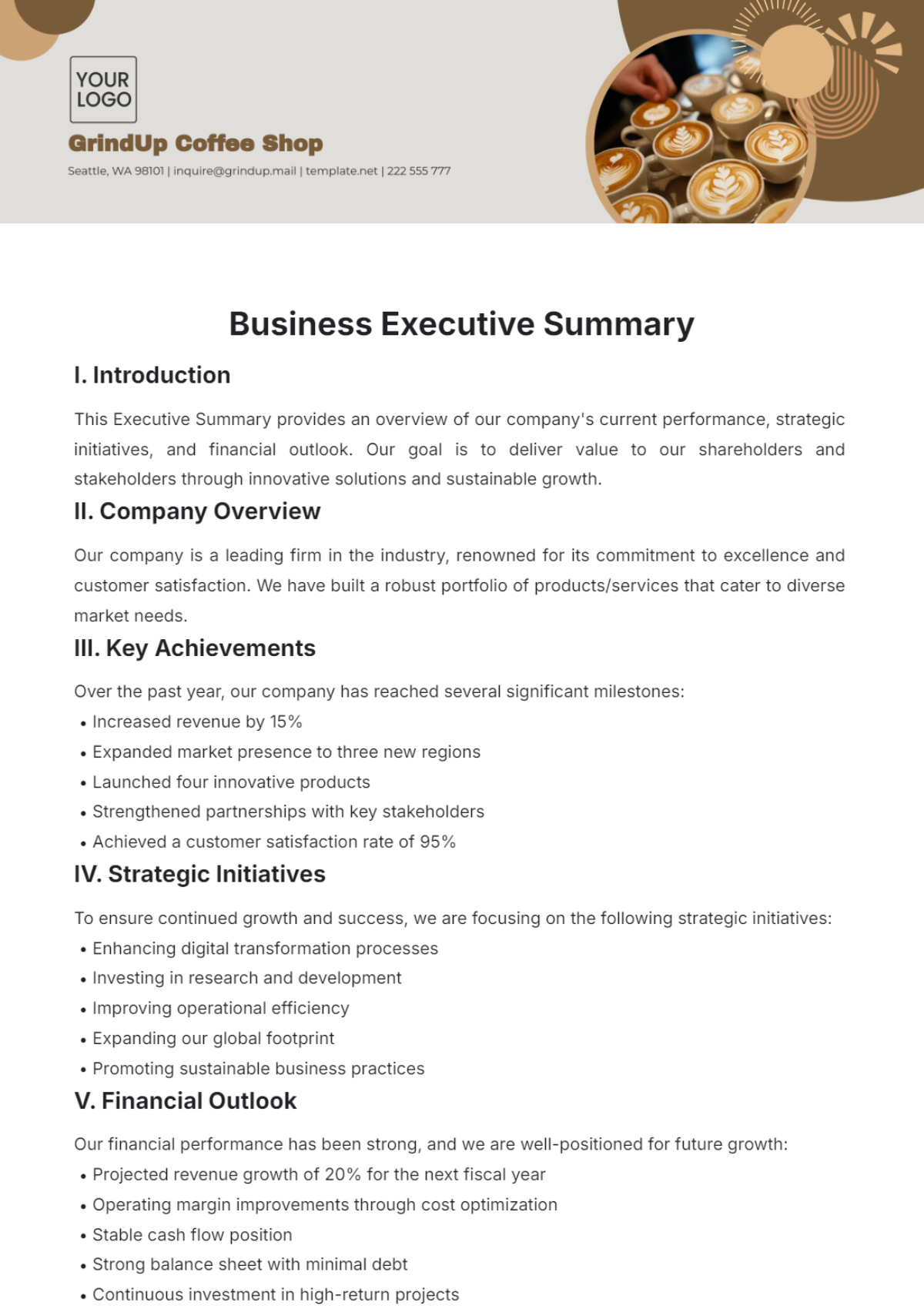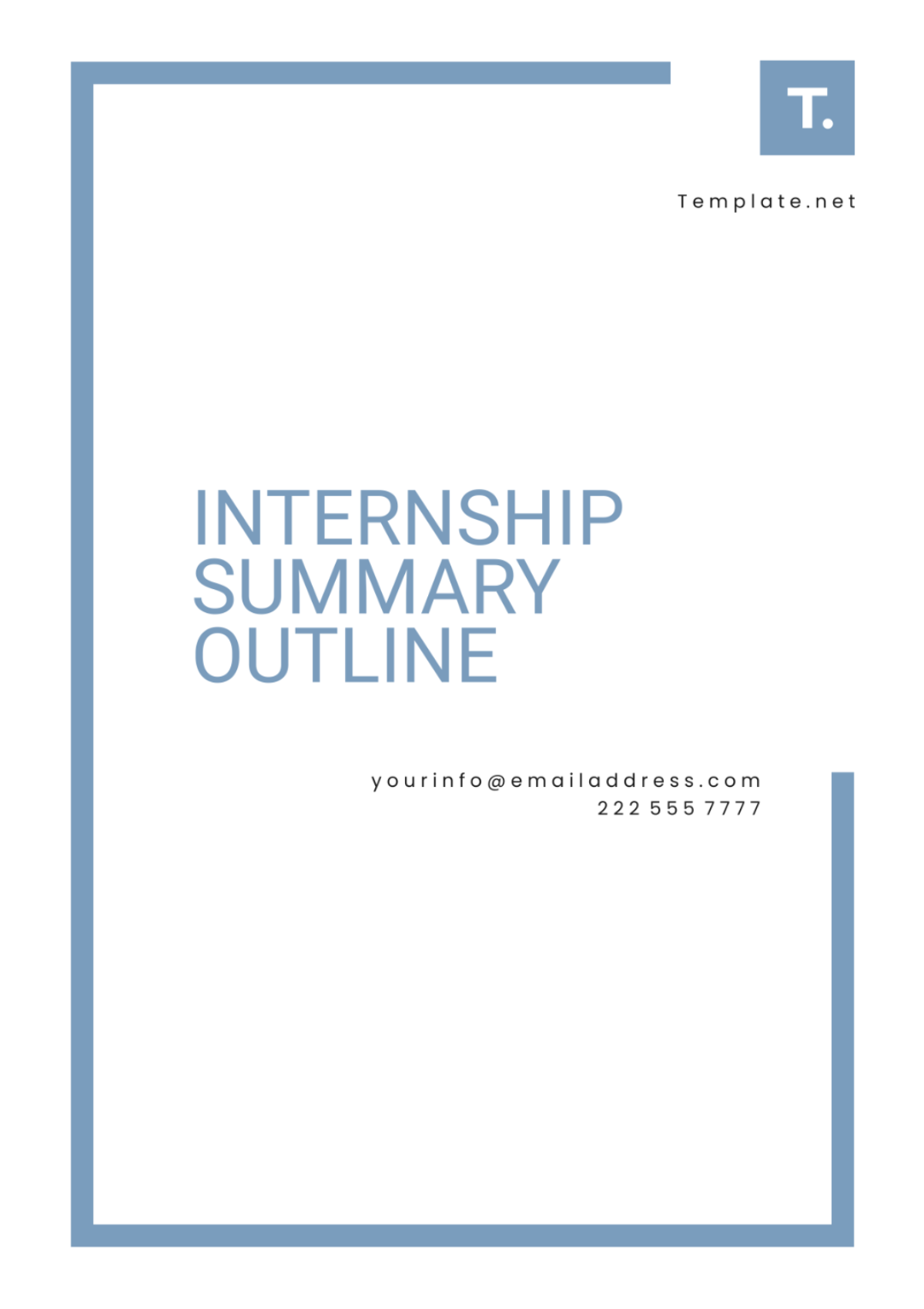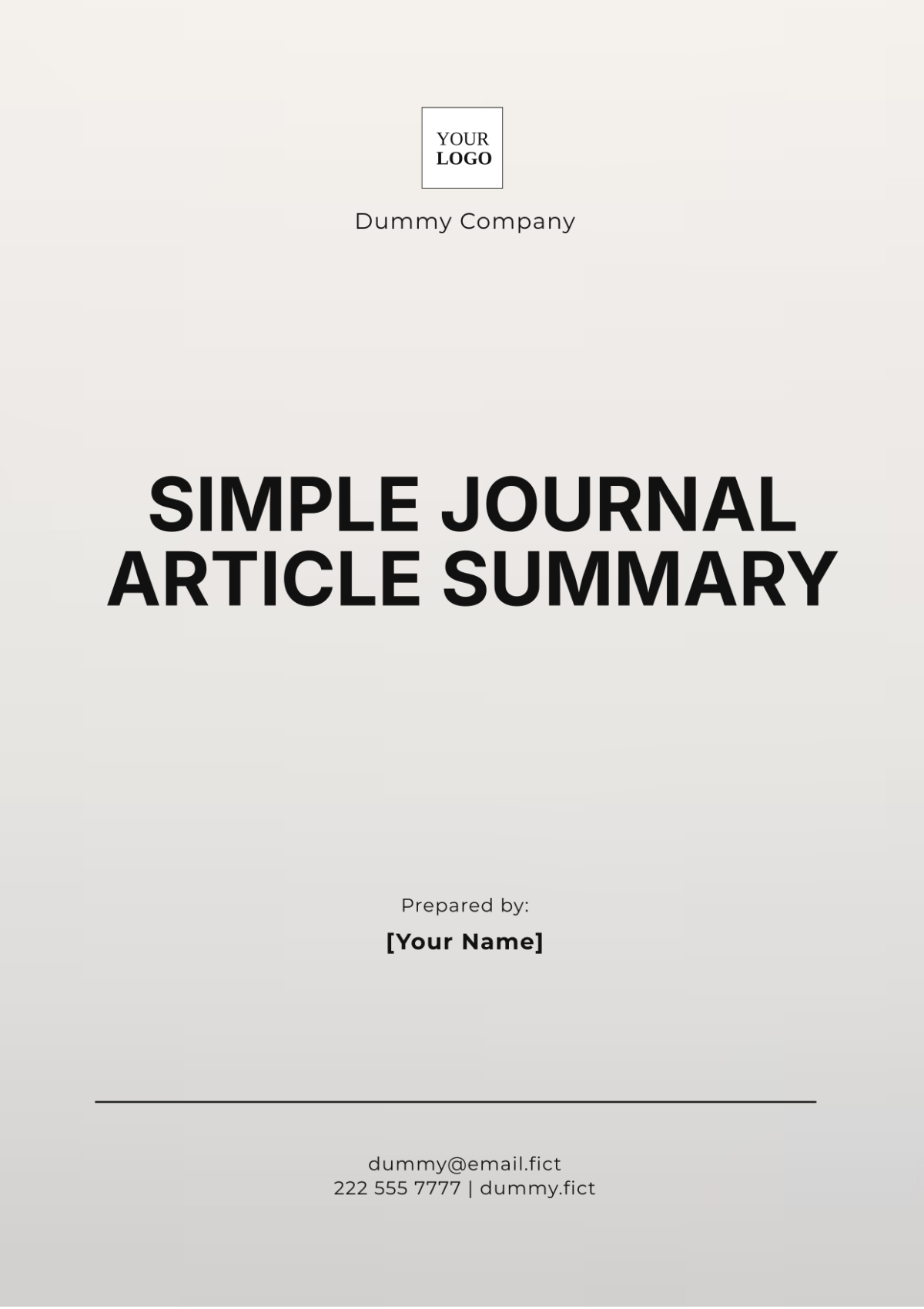Protein Synthesis Summary
Protein synthesis is the intricate process by which cells build proteins, crucial for the structure, function, and regulation of tissues and organs in living organisms. This molecular process occurs in two main stages: TRANSCRIPTION and TRANSLATION.
Transcription:
Initiation: Transcription begins as [TRANSCRIPTION INITIATION FACTORS] bind to the promoter region of a gene on the DNA molecule. The DNA double helix unwinds, exposing the coding strand.
Elongation: RNA polymerase synthesizes a complementary RNA strand using one of the DNA strands as a template. RNA nucleotides, complementary to the DNA template, are added to the growing mRNA strand.
Termination: Transcription concludes when RNA polymerase reaches the terminator sequence on the DNA. The RNA polymerase enzyme dissociates from the DNA, and the newly synthesized mRNA is released.
Translation:
Initiation: The mRNA, produced during transcription, binds to a ribosome, and the small ribosomal subunit attaches to the mRNA at the start codon ([START CODON]). The initiator RNA carrying the amino acid methionine binds to the start codon.
Elongation: During this phase, amino acids are added to the growing polypeptide chain. The ribosome moves along the mRNA, reading each codon and facilitating the binding of complementary RNA molecules carrying specific amino acids. Peptide bonds form between adjacent amino acids, forming the polypeptide chain.
Termination: Translation continues until a stop codon ([STOP CODON]) is encountered on the mRNA. At this point, the ribosome complex disassembles, releasing the completed polypeptide chain.
Key Players:
DNA: The genetic blueprint containing the instructions for protein synthesis.
RNA Polymerase: Enzyme responsible for catalyzing the transcription of DNA into RNA.
mRNA (Messenger RNA): Carries the genetic information from DNA to the ribosome for protein synthesis.
Ribosome: Cellular machinery where translation occurs; composed of rRNA and protein.
tRNA (Transfer RNA): Molecules responsible for carrying specific amino acids to the ribosome during translation.
Comparison of Transcription and Translation:
Aspect | Transcription | Translation |
|---|---|---|
Location | [NUCLEUS (IN EUKARYOTES); CYTOPLASM (IN PROKARYOTES)] | Cytoplasm |
Starting | DNA | mRNA |
End Product | mRNA | Polypeptide (protein) |
Enzyme | RNA polymerase | Ribosome |
Process | Synthesis of mRNA from DNA template | Synthesis of polypeptide from mRNA template |
conclusion,
protein synthesis is a crucial cellular process that underpins life's structure and functions. Every organism's survival and thriving depend on a finely tuned protein synthesis process, ensuring that the right proteins are produced in the right cells at the right time.
Summarized By:
[YOUR NAME]
